Prof. Joe Roberts [mathematics 1952–2014]
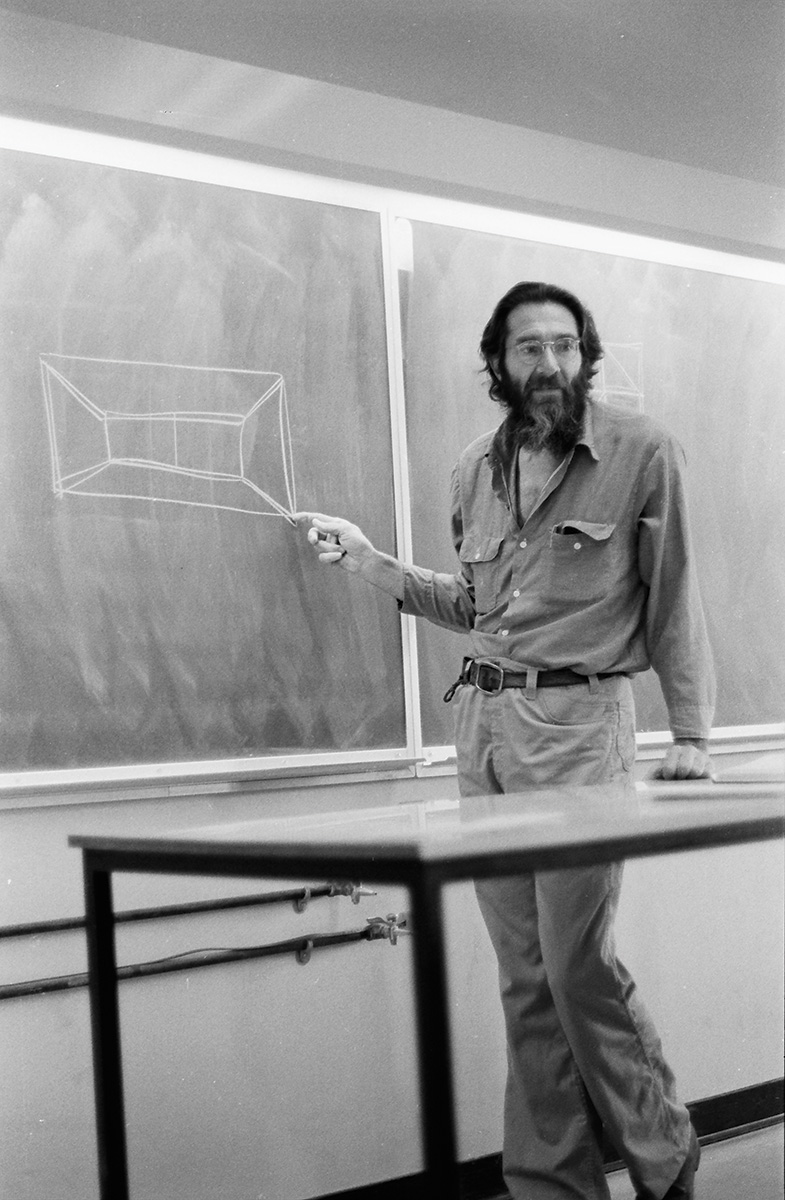
Photo by Kathy Reyes
August 31, 2023, in Portland.
Prof. Joseph Buffington Roberts [mathematics 1952–2014] passed away encircled by the love of his wife and children. He was nine days shy of 100; his family notes that he was 99.975342465753425 years old. Joe arrived in Portland in 1952 as a 28-year-old newly minted professor, and retired 62 years later at the age of 90 as Reed’s longest-serving faculty member. (Reed Magazine published a feature about Joe on the occasion of his retirement.)
Born September 9, 1923, in Albany, New York, Joe moved early in life to East Cleveland, Ohio. With his mother at work each day as editor of Ohio Motorist magazine and his father absent, Joe learned early on how to spend time alone. He wandered East Cleveland’s empty lots, abandoned fields, train tracks, and industrial yards, and scrambled up piles of trash at the dump, salvaging treasures like liquid mercury, the weight of which he and his friends rolled in their hands.
During his freshman year of college at Case Institute of Technology (now Case Western Reserve Institute), the United States entered World War II. Joe received an educational deferment and in 1944 graduated with a degree in industrial chemistry. Within a month of graduation, he was drafted into the Army. Though at first sent to Texas for basic training, he was pulled away from his group and sent to Ohio State University, then to Oak Ridge National Laboratory in Tennessee, then to Lemy, New Mexico, only to arrive finally at Los Alamos National Laboratory on, as he always remembered, “the day President Roosevelt died,” April 12, 1944.
He spent the next 17 months at Los Alamos working in radiochemistry as part of the Manhattan Project. He never shared details of this time with his family, but he made clear his work implicated him in the destruction caused by the atomic bombs the project developed. “Most of the scientific community,” he recalled, “wanted the government not to do it, not to drop it on a city or anything, but to give a test somewhere, showing what could be done.” These wishes were not heeded.
After the war, with the help of the Gl Bill as a returning veteran, Joe became a non-degree-seeking student at the University of Chicago. He went on to earn a master's degree from the University of Colorado and a PhD from the University of Minnesota.
Joe met Marian Howell while living in East Cleveland, and she moved to be with him at Los Alamos. They were married, and in 1952, Marian and Joe welcomed their first child, Mark. Daughter Katy (Katherine) was born in 1953, and a second daughter, Ruth, arrived in 1955. Though Joe and Marian separated in 1973, Marian remained a part of Joe’s extended family until her passing in 2006.
On July 2,1983, Joe held one of his renowned parties, bolstered by home-brewed beer and the eclectic company of professors, students, Reed “hangers-on,” and acquaintances. Marguerite Cohen ’75, a former student and at the time a third-year OB-GYN resident, changed her call schedule to attend. Joe spent the whole evening talking to Marguerite, and as the party came to a close, asked her to dinner the next night. She said yes, and remarkably he ate a salad that night to impress her. The next day was the 4th of July, and because Marguerite was on call, Joe traveled to her hospital and they watched fireworks from the top of the parking garage. They spent the next 40 years together. Joe and Marguerite married in August 1988. They welcomed their first child, Sam, in 1989, when Joe was 65, and their second son, Nick, in 1993, when Joe was 69.
Joe’s field of study included number theory and combinatorics. At Reed, he set about changing the math curriculum to instill in students an appreciation for the elegance of the basic elements of mathematics. The first-semester introductory math class was devoted to the construction of the real number system, deferring the study of calculus or combinatorics to the second semester. And to legions of Reed juniors and seniors in the humanities, he taught Math 300, also known as “Poet’s Math,” a course designed to satisfy the school’s math requirement. He spent many sabbaticals and summers abroad, teaching math in India, Tanzania, Nova Scotia, and the United Kingdom. He rode his bike to work, and then, as he grew older, rode the bus until his retirement in 2014.
Joe authored three books of mathematics: The Real Number System in an Algebraic Setting (W.H. Freeman & Co, 1962), Elementary Number Theory: A Problem Oriented Approach (MIT Press, 1975), and Lure of the Integers (Mathematical Association of America, 1992). He also translated and edited several Russian math texts, including The Solution of Equations in Integers by A. O. Gelfond (Golden Gate Books, 1961).
Outside of work, Joe relished the outdoors. Family vacations were spent camping around the Northwest. He rafted the Clackamas, Grand Ronde, and Colorado rivers, and canoed the Bowron Lakes circuit in British Columbia. He cycled from Portland to Montreal in 1973. He climbed most of the mountains in the Cascade Range, including, as legend has it, Mount Hood and Mount St. Helens in the same day (when the latter was 1,000 ft taller than it is today), as well as Mount Kilimanjaro in East Africa. He played squash at the Multnomah Athletic Club in Portland, and enjoyed racquetball well into his 70s. Joe and Marguerite spent a month cycling around Europe and the UK in 1985. He helped bring juggling to Reed, and worked to get physical education credit for it. He was a stalwart advocate for the trees on the Reed campus.
In his 70s and 80s, Joe remained in impeccable health despite hardline positions on “no vegetables” and “salt on everything.” He was a devoted parent to his young boys, working at night with Sam as his gift for mathematics blossomed, and attending every one of Nick’s home basketball, baseball, football, and lacrosse games throughout middle and high school.
In his final years, Joe was forced to experience the frailties of the human condition in ways he’d skirted during his first nine decades. From 2017 on, strokes large and small and illnesses in between diminished his ability to engage with the world as he once had. This did not stop him from sending Nick frequent handwritten letters. A final one of these letters, found after his death, was started just six days before the stroke that would claim his life.
His family is still reeling from his loss and what it means to live without him perennially at his desk, in his big brown chair, "shuffling papers," or falling asleep in the midmorning light, the cats and dogs orbiting his calm, constant presence.
He is survived by his wife, five children, two grandchildren, steadfast Reed colleagues, and the hundreds of students who remember him lovingly as the best teacher they ever had.
Appeared in Reed magazine: Spring 2024
comments powered by DisqusFrom the Archives: The Lives they Led
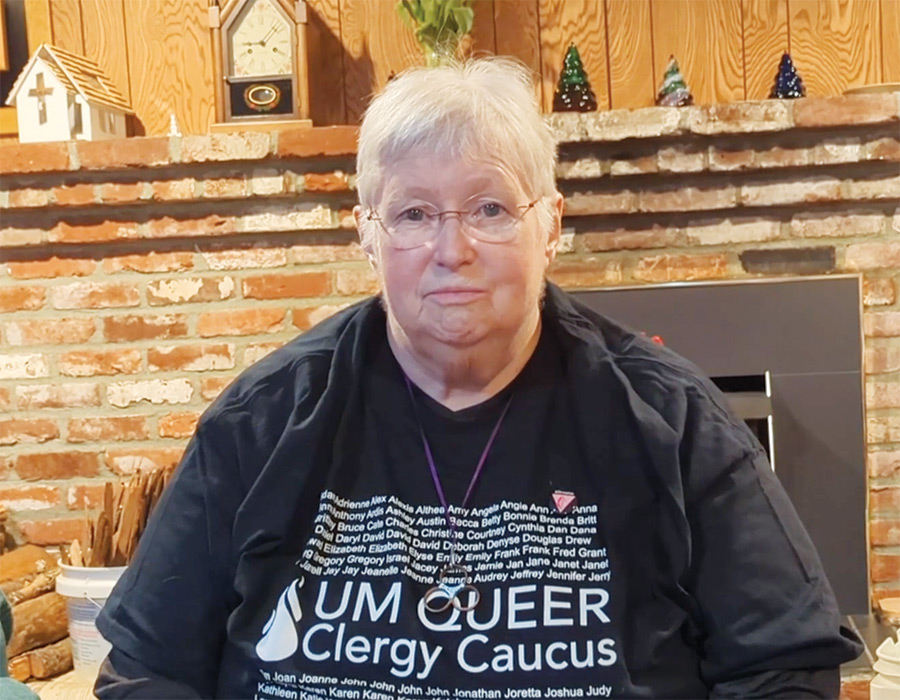
Jeanne Knepper ’69
The First Openly Gay Woman to Be Ordained and Appointed Within the Oregon-Idaho Conference of the United Methodist Church
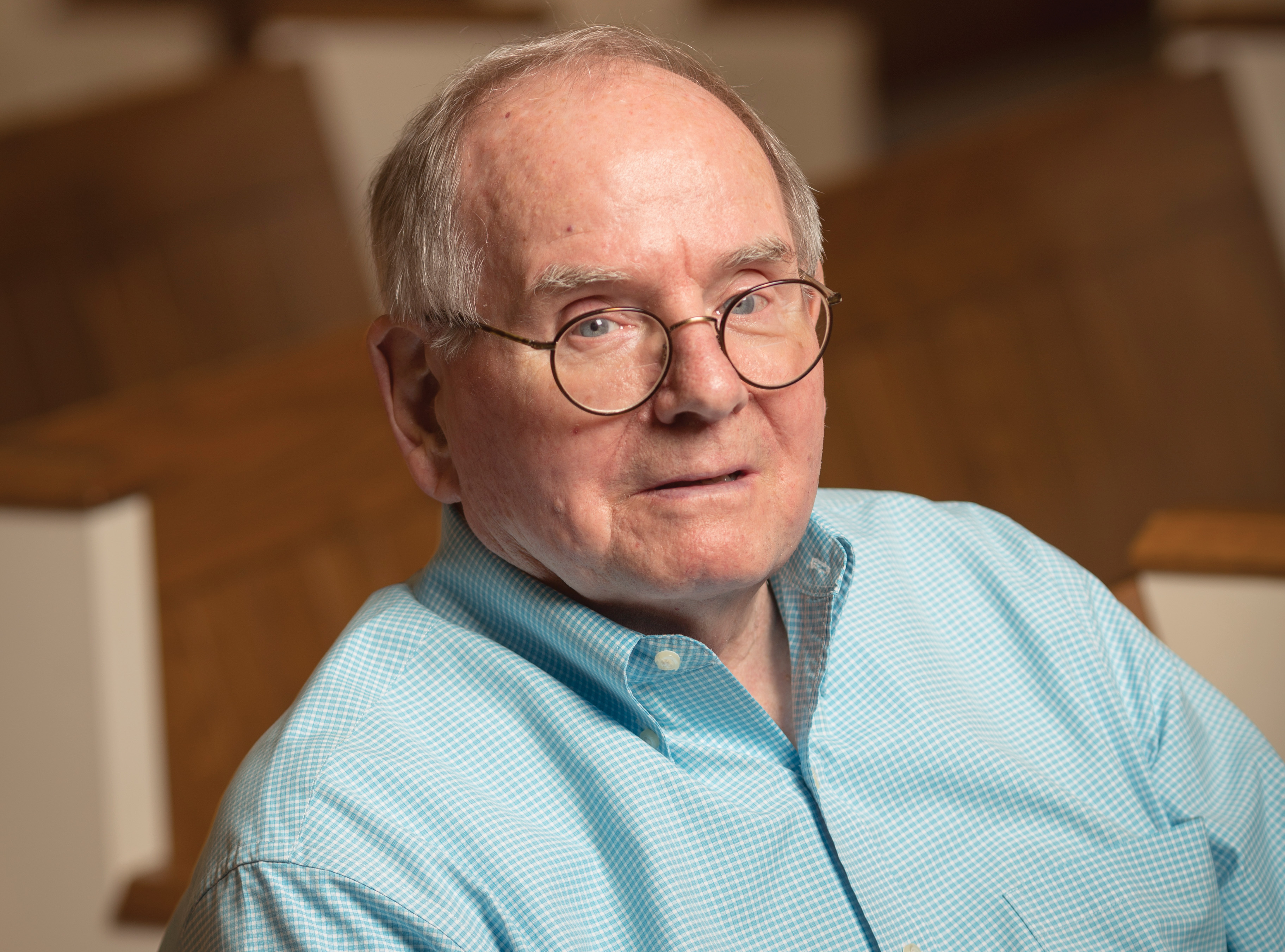
William Haden
As Acting President of Reed, He Strengthened the College's Finances and Alumni Relations
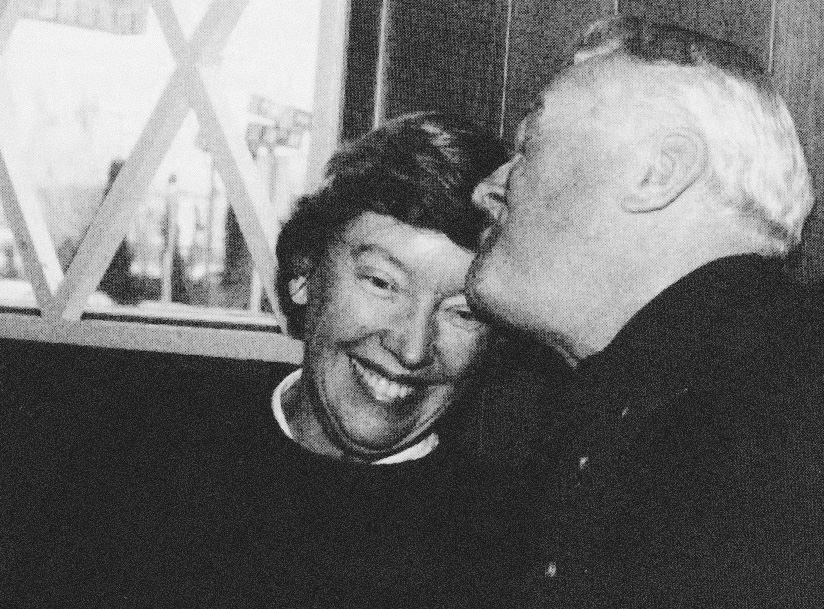
Nancy Horton Bragdon
Reed’s First Lady Whose Warmth and Leadership Were Invaluable During a Turbulent Time

![Photo of Larry Church [chemistry ’73–80]](https://www.reed.edu/reed-magazine/in-memoriam/assets/images/Larry-Church.jpg)
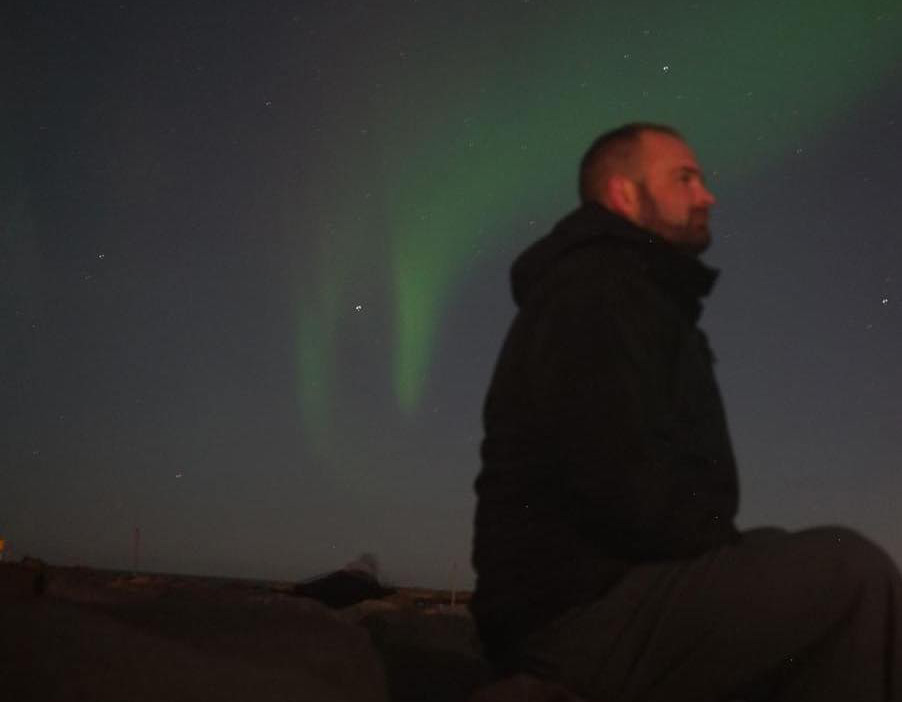
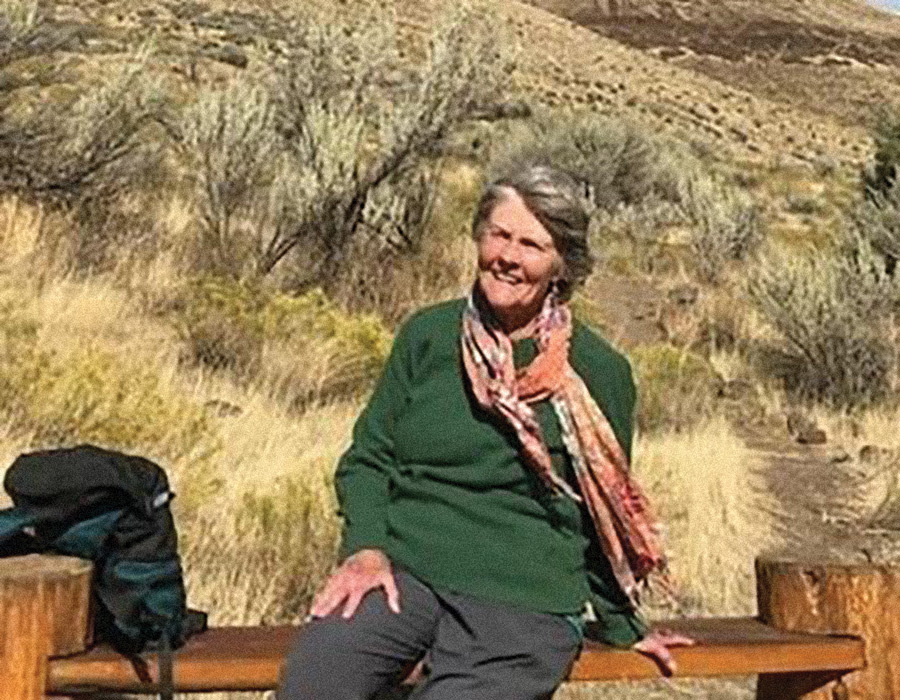
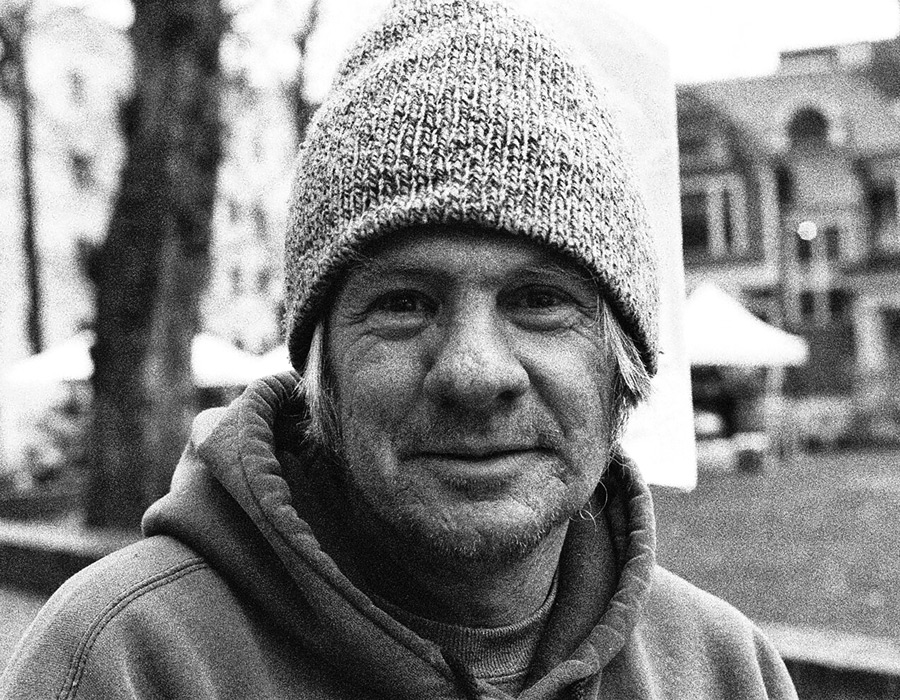
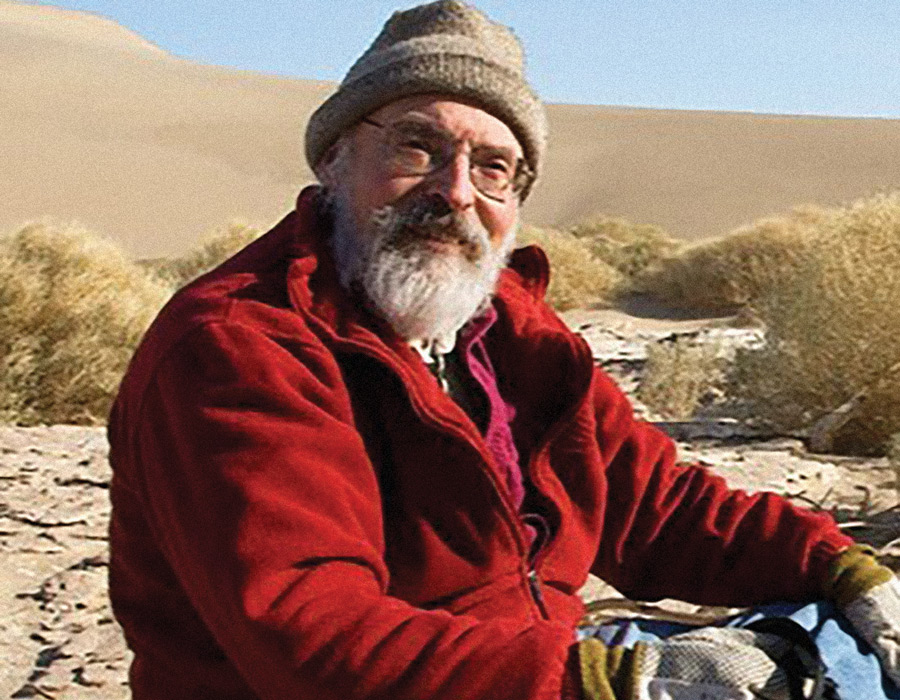
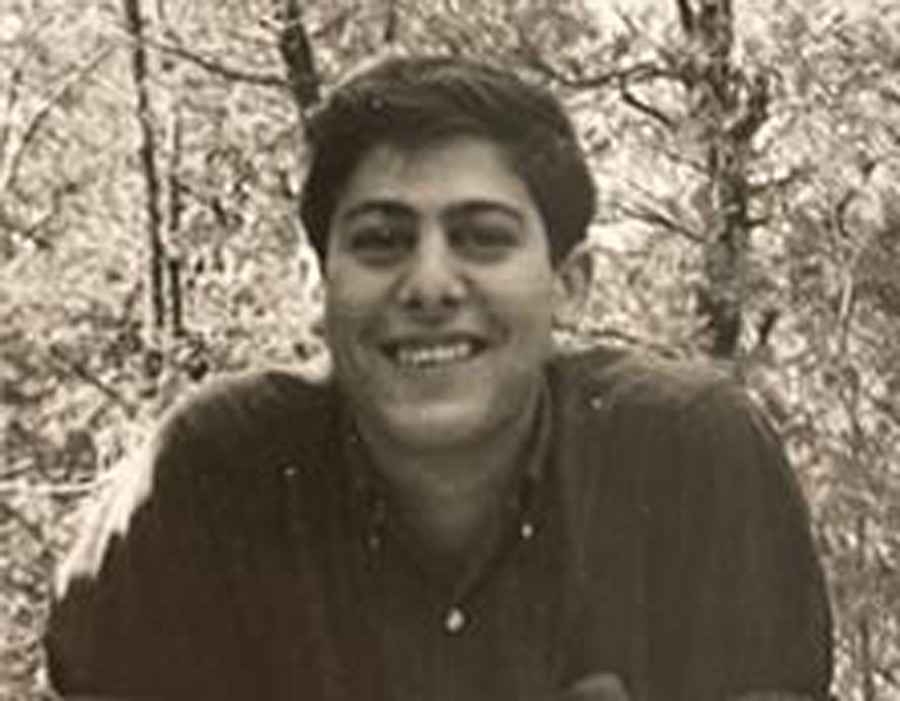
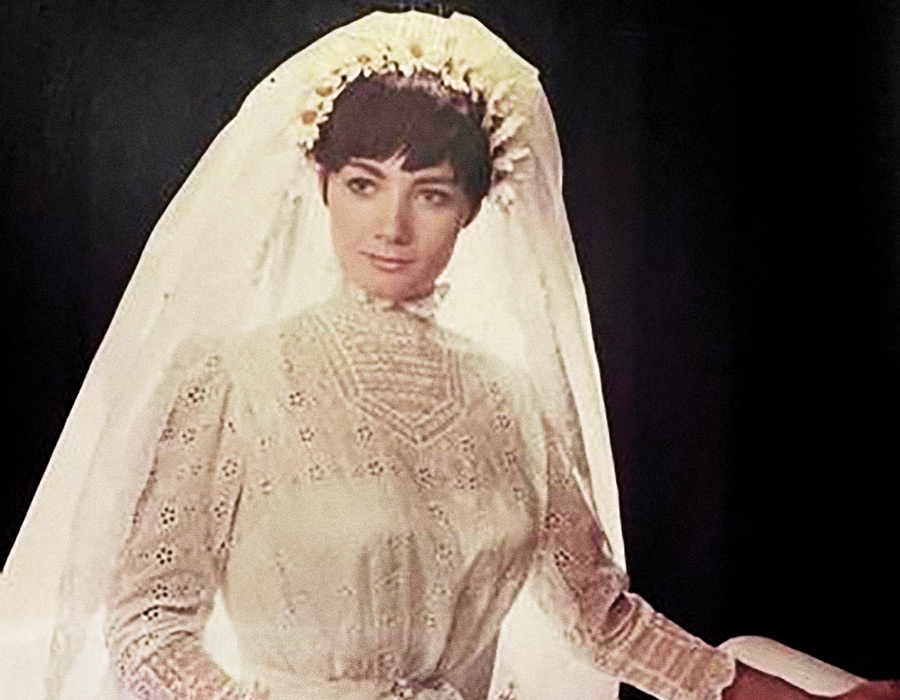
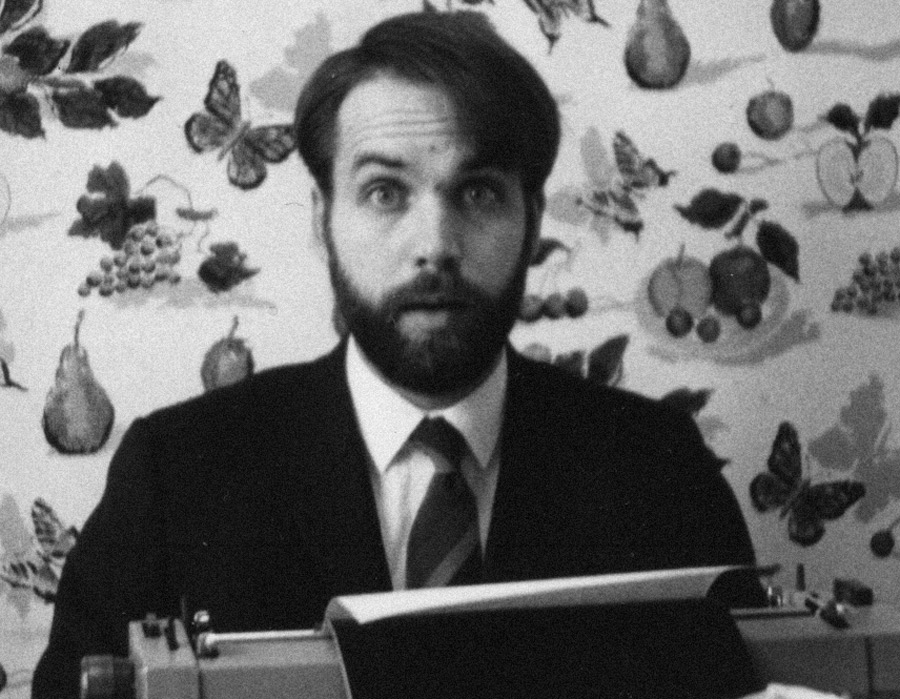
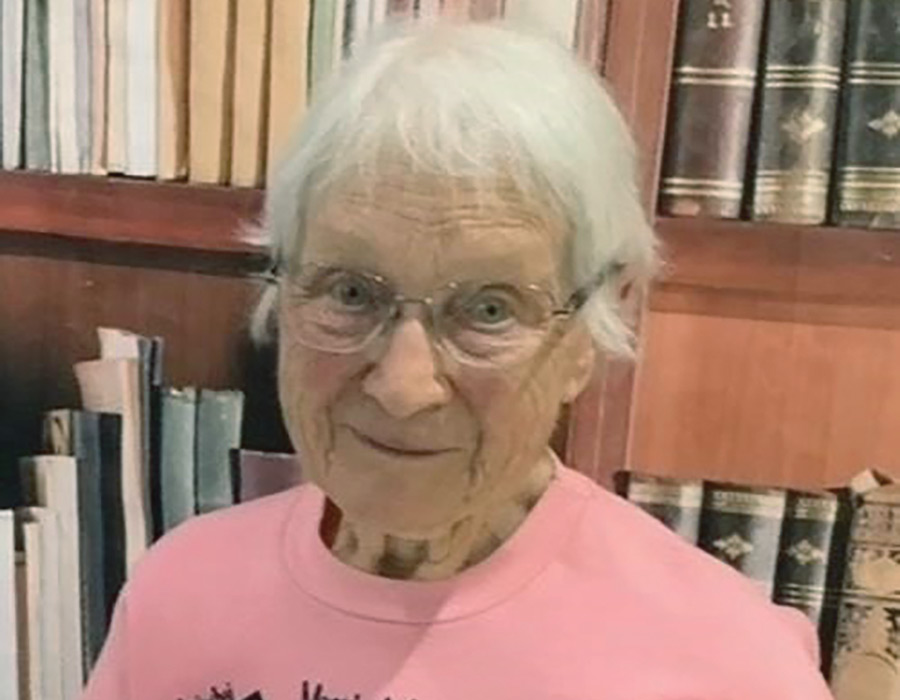
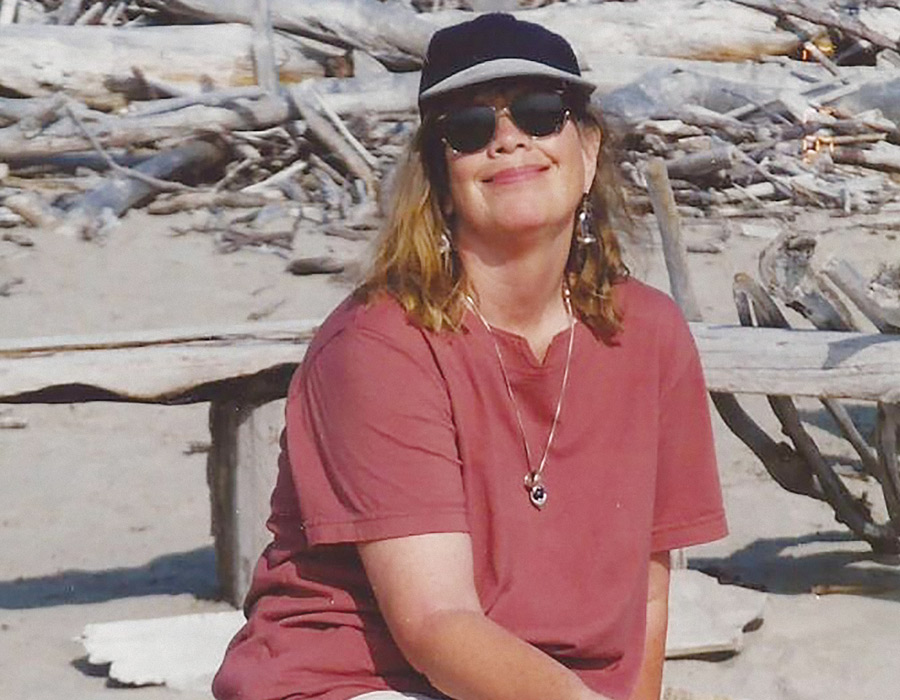
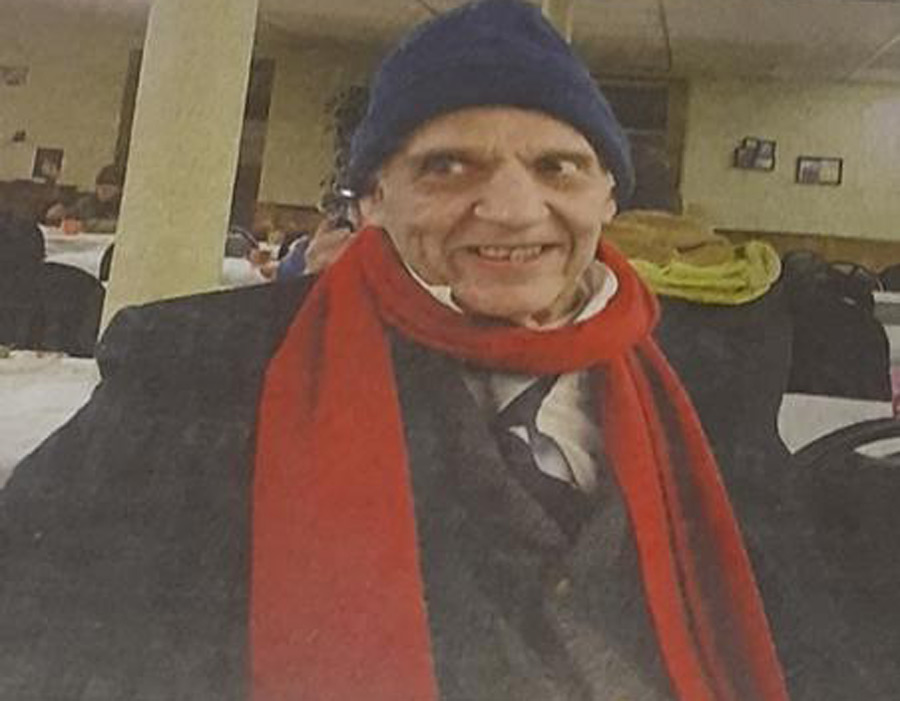
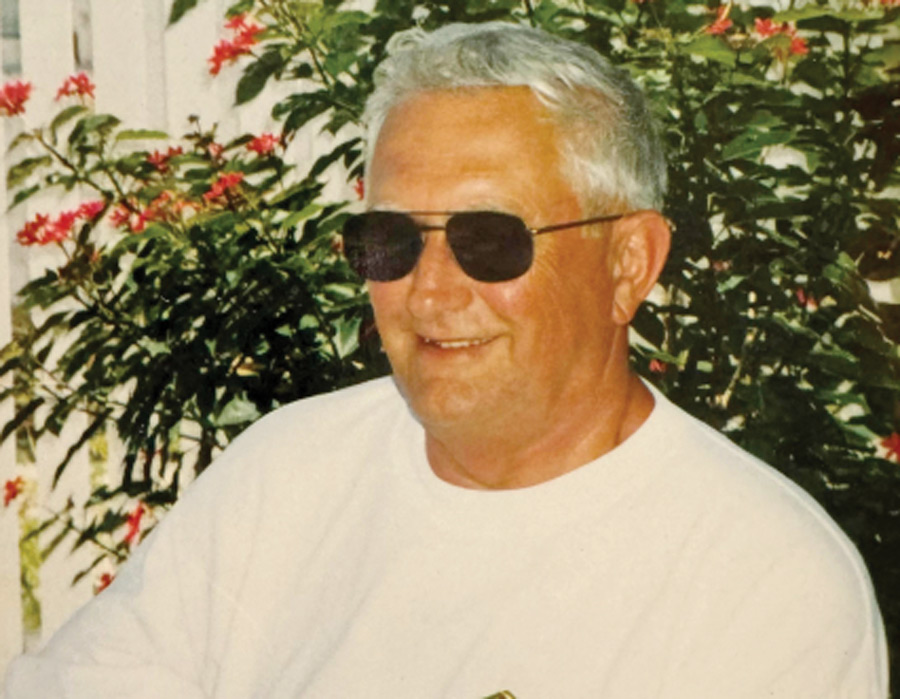
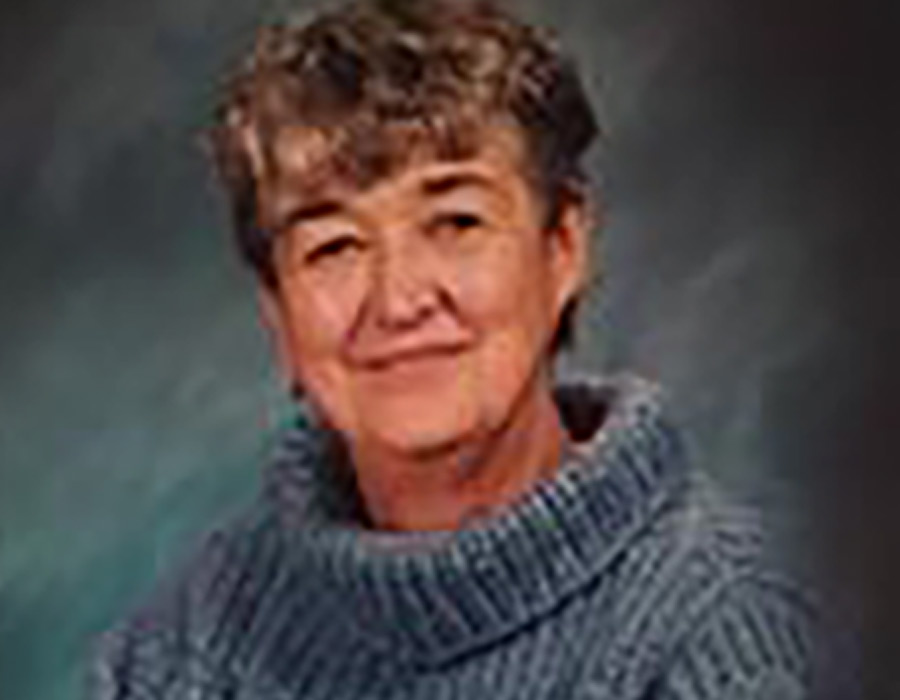
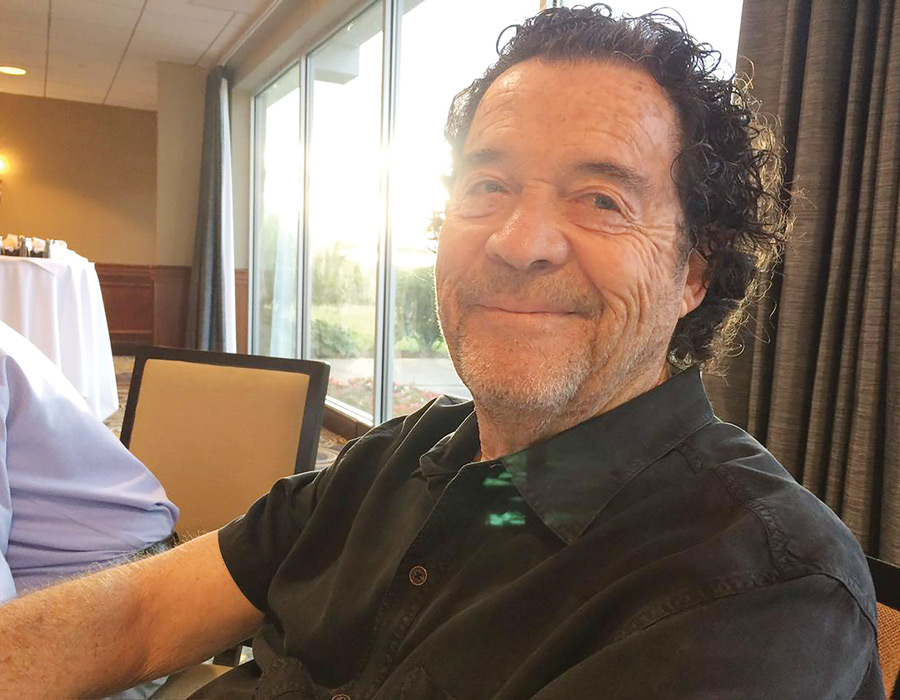
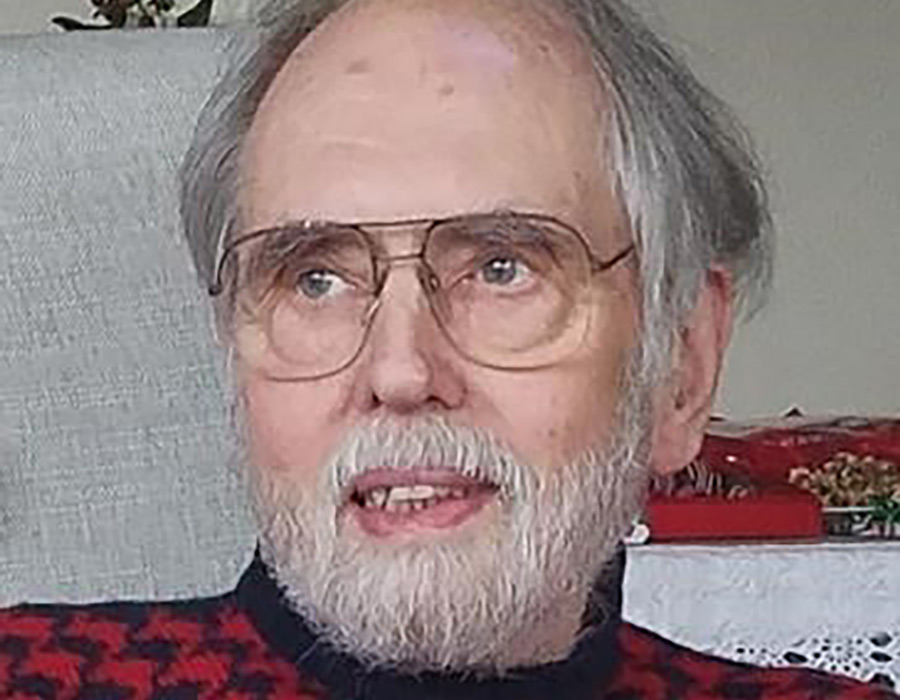
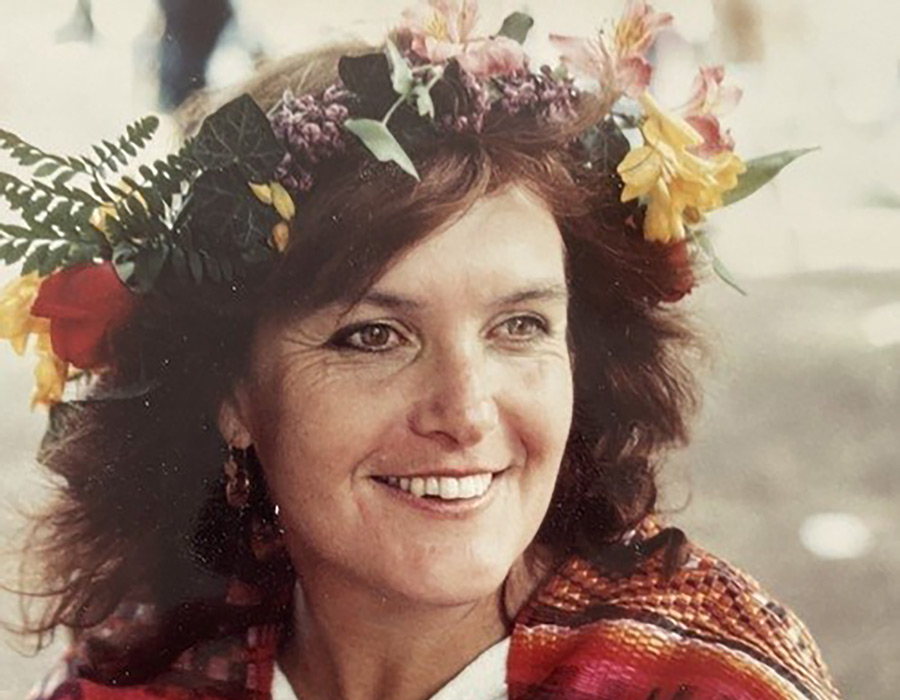
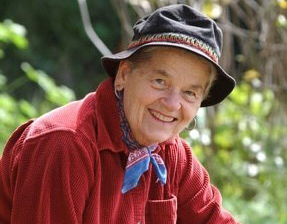
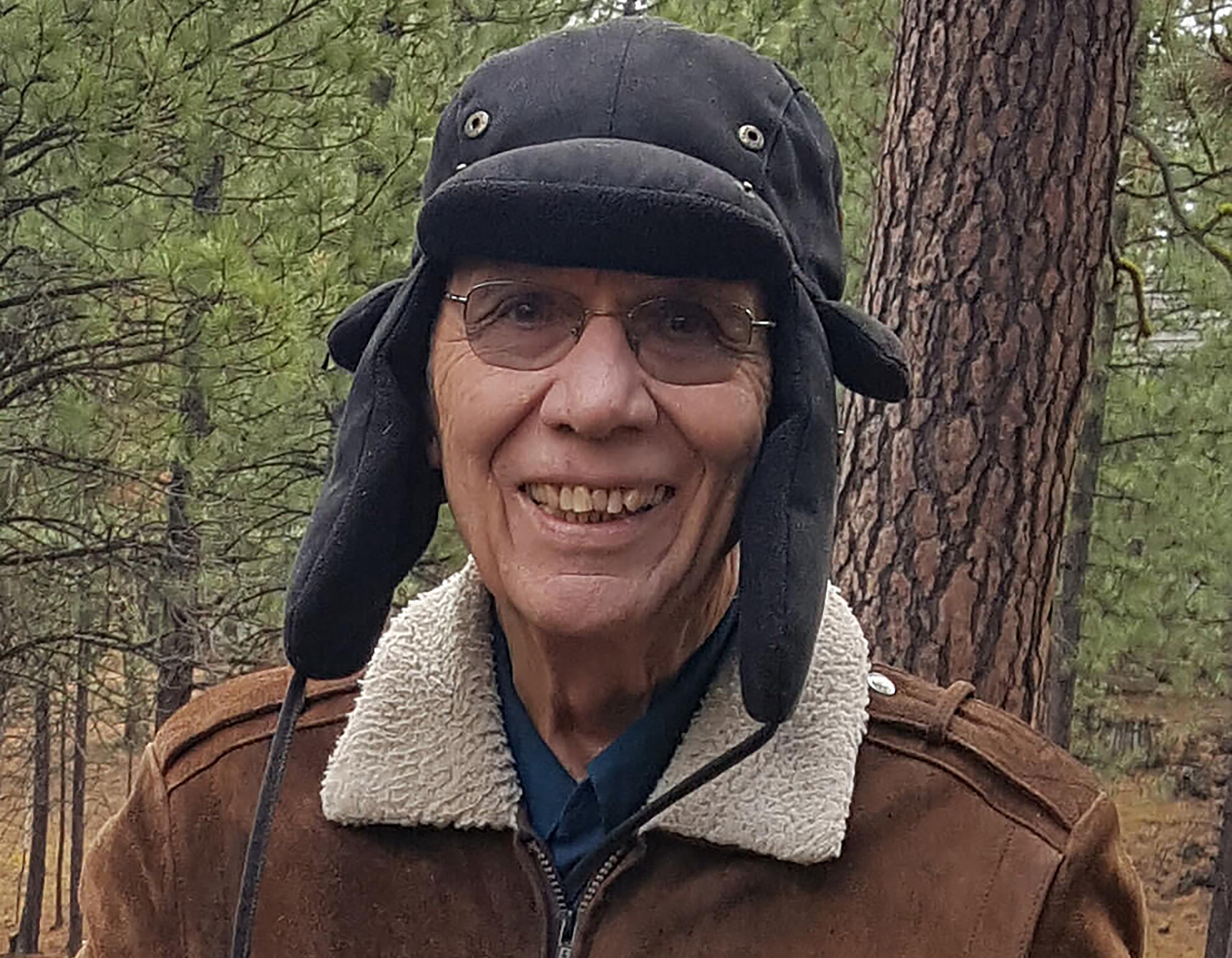
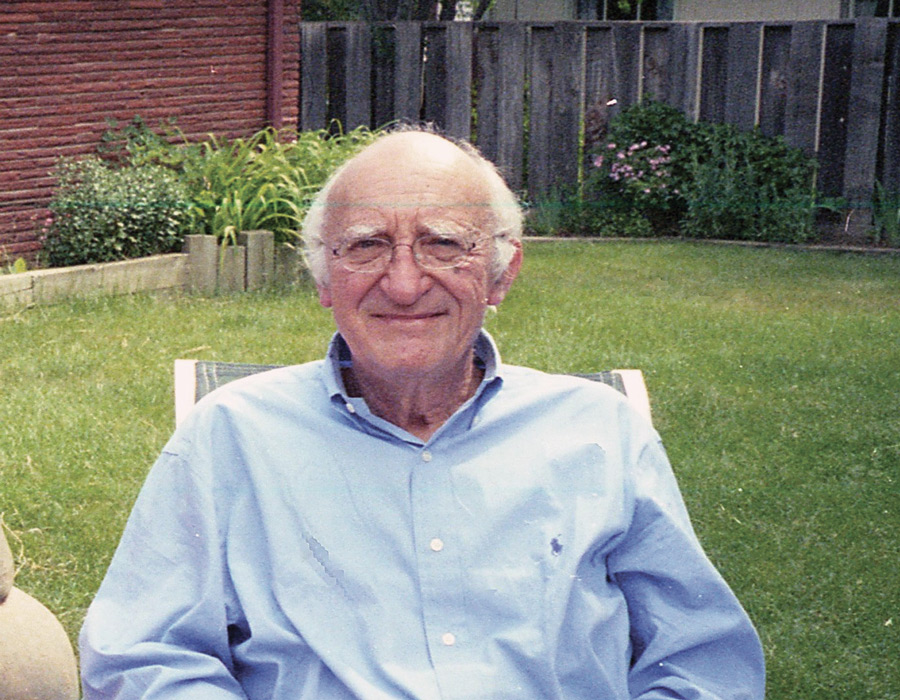
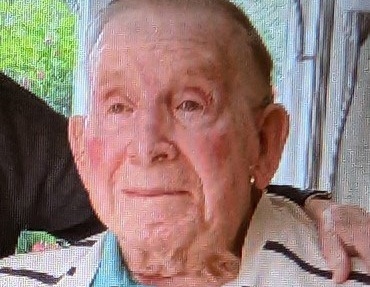
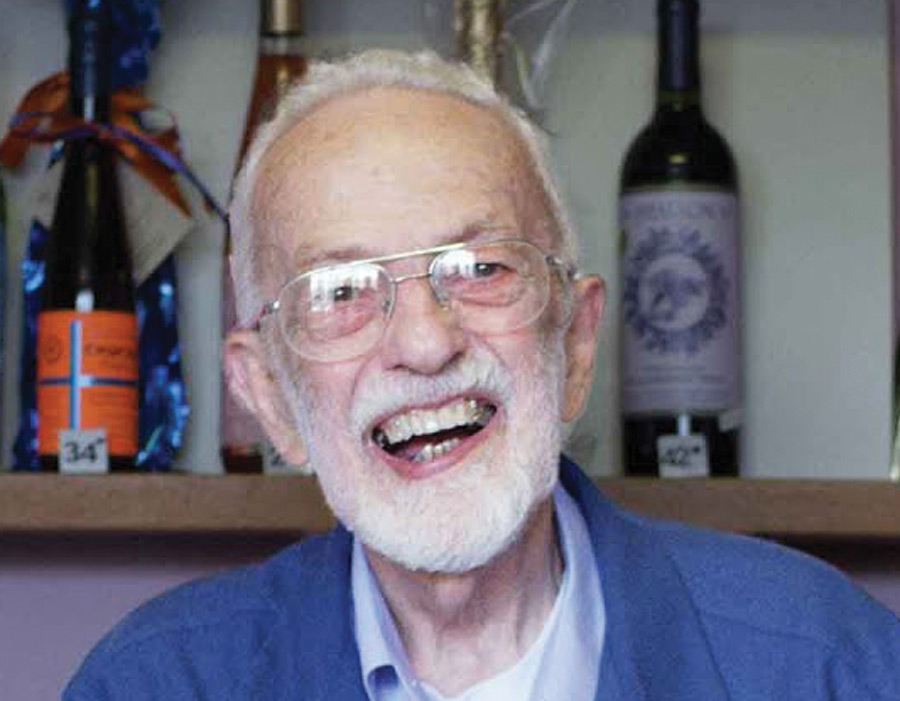
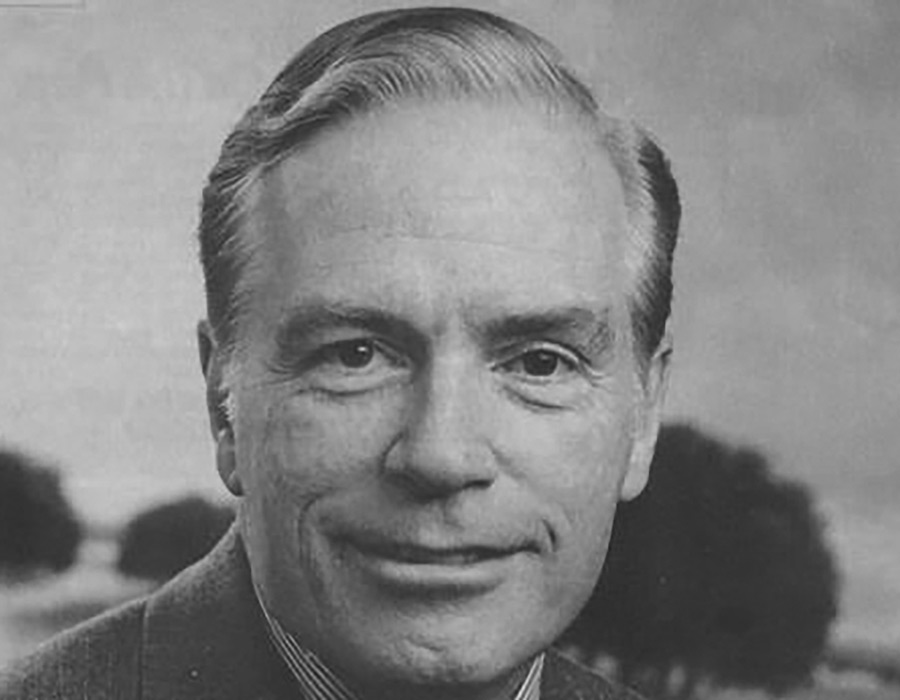
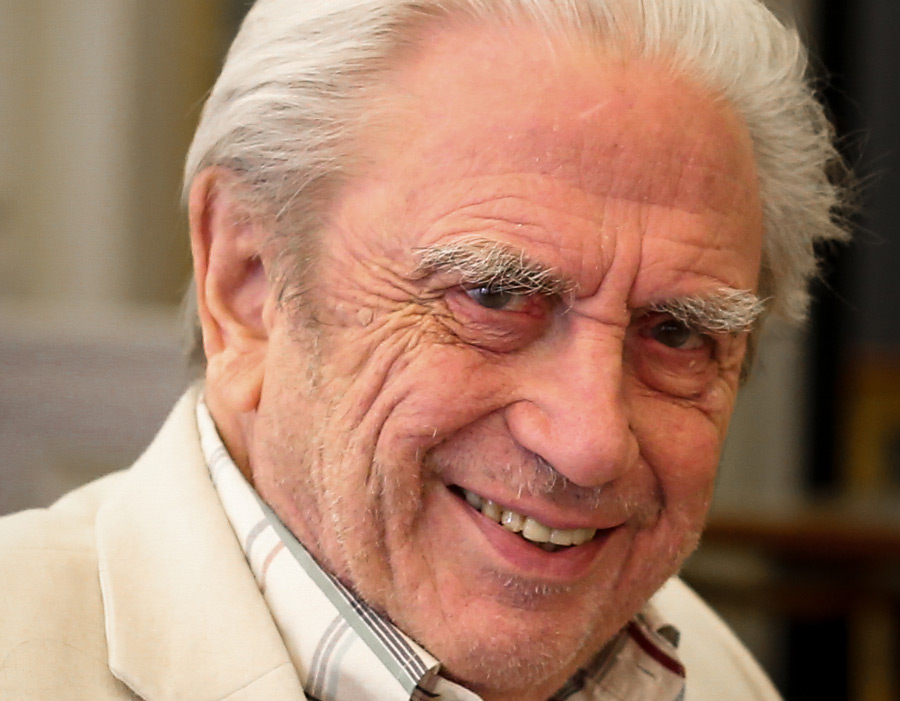
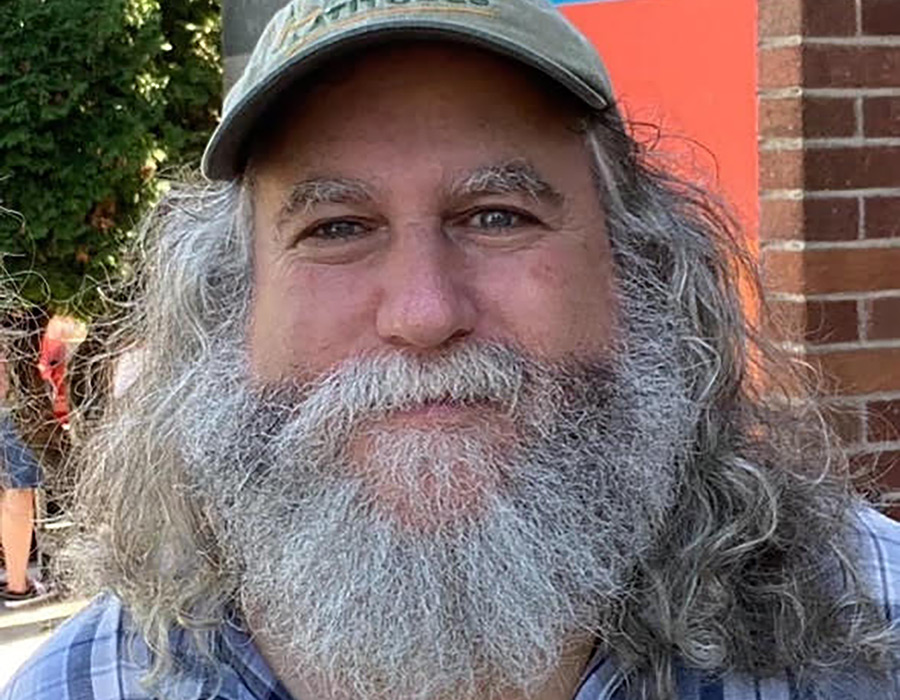
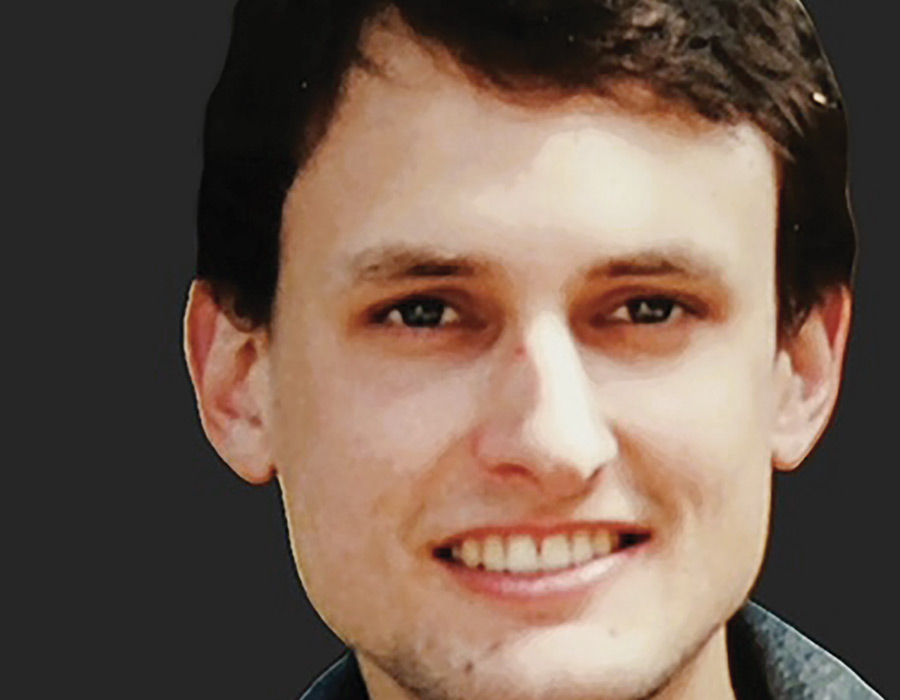
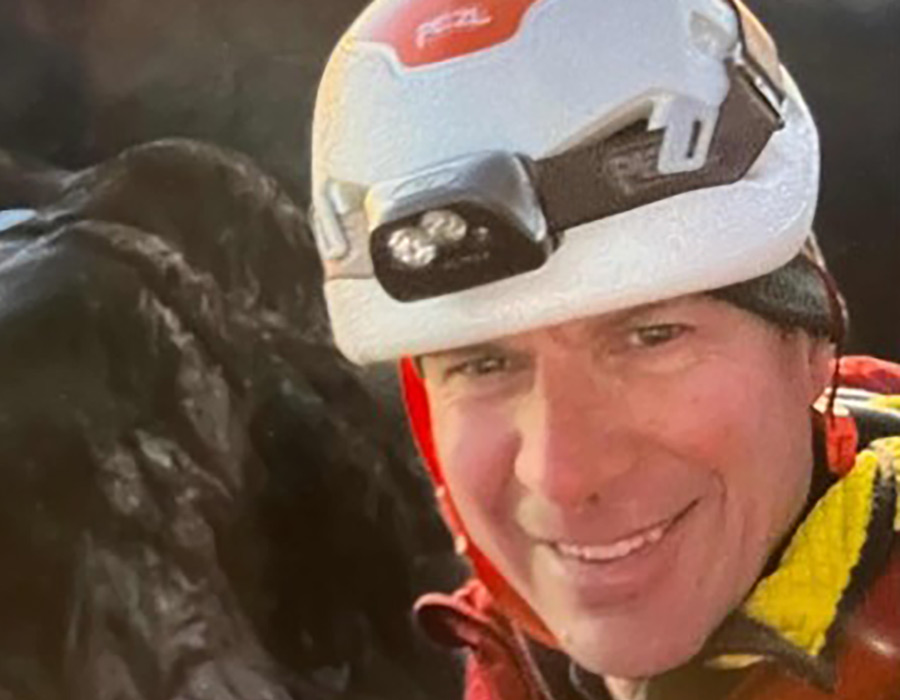
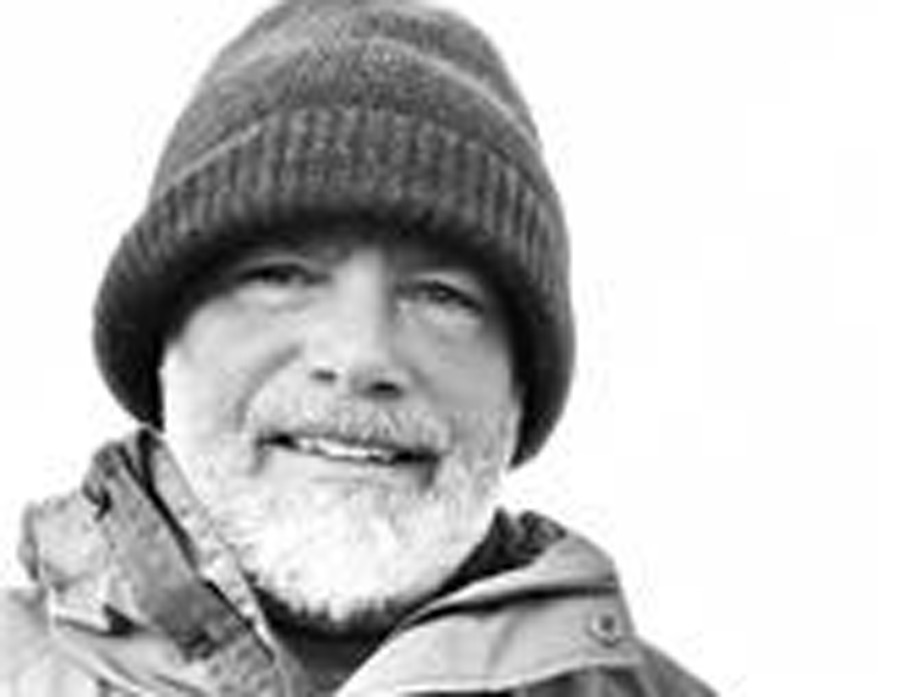
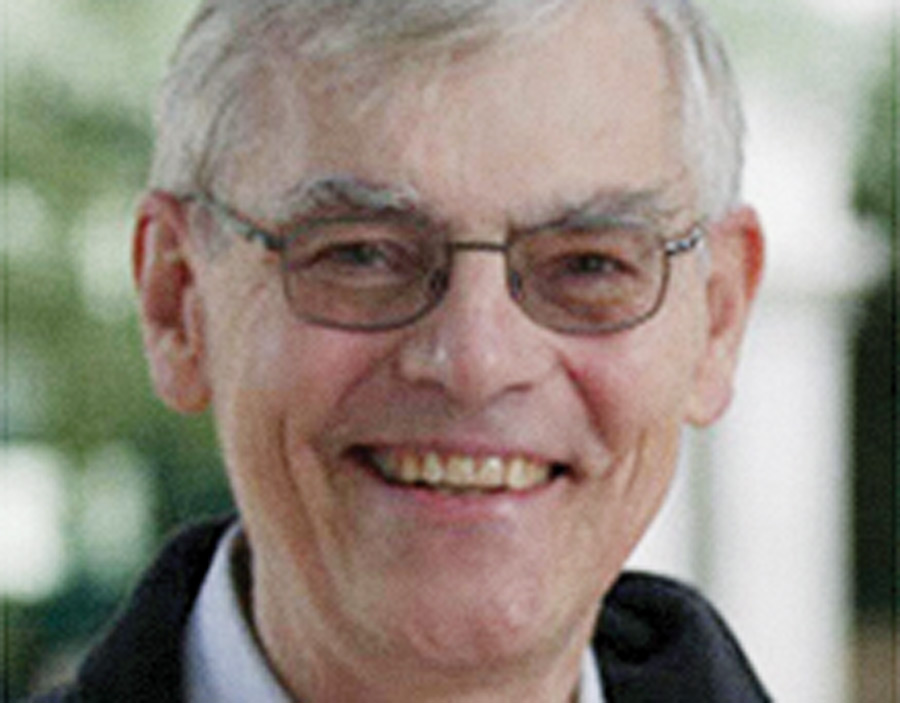
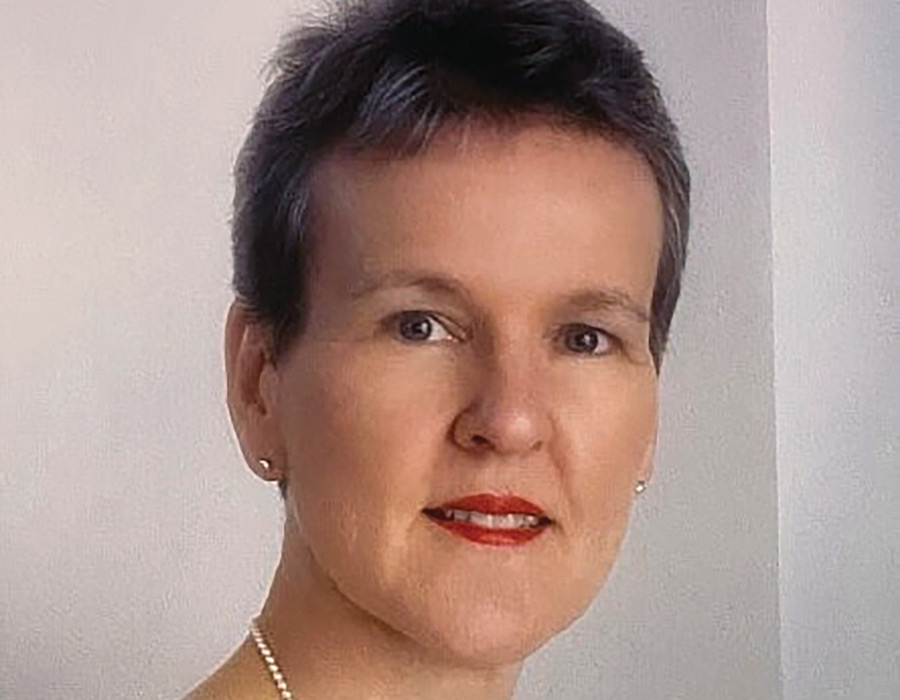
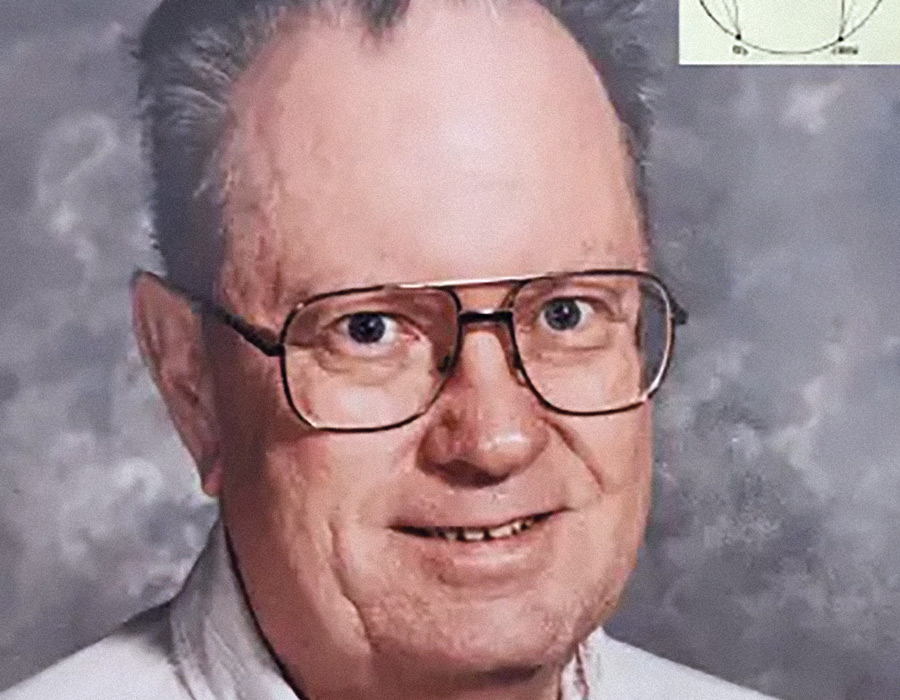
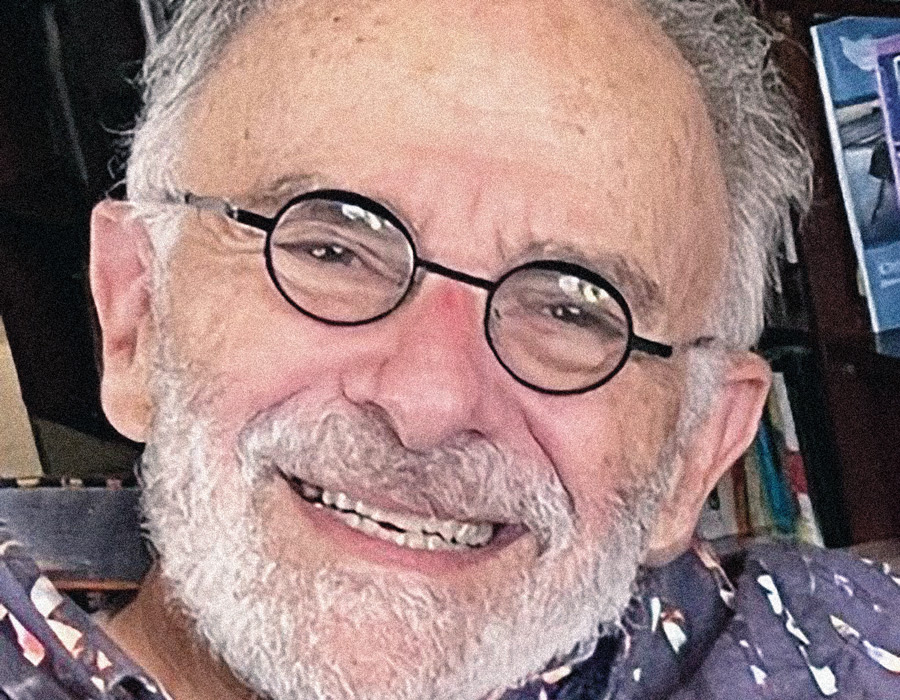
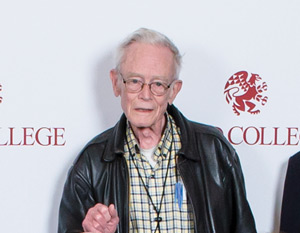
![Photo of Prof. Laurens Ruben [biology 1955–92]](https://www.reed.edu/reed-magazine/in-memoriam/assets/images/Larry-Ruben-copy.jpg)
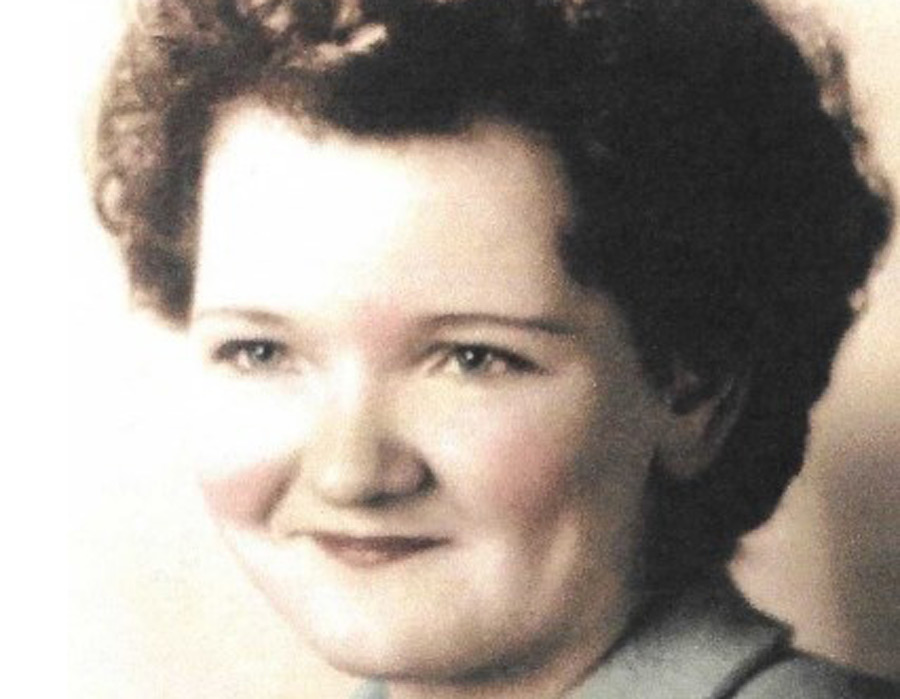
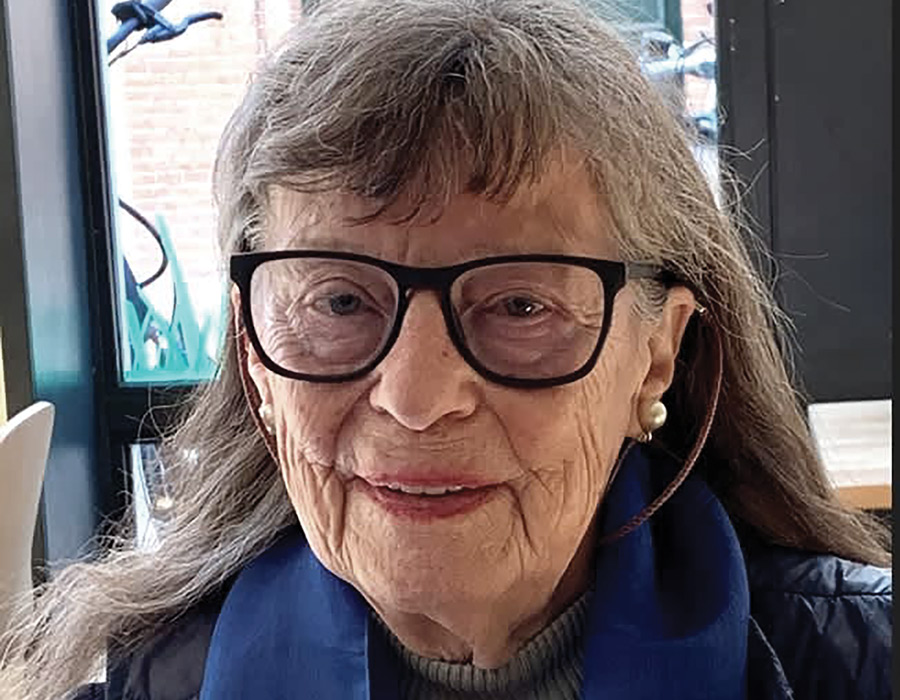
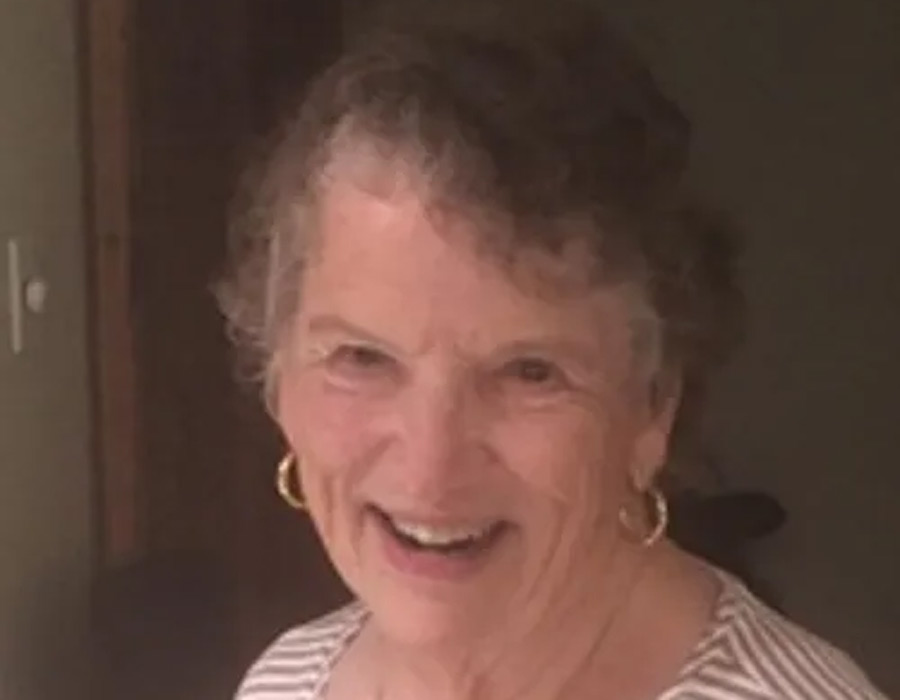
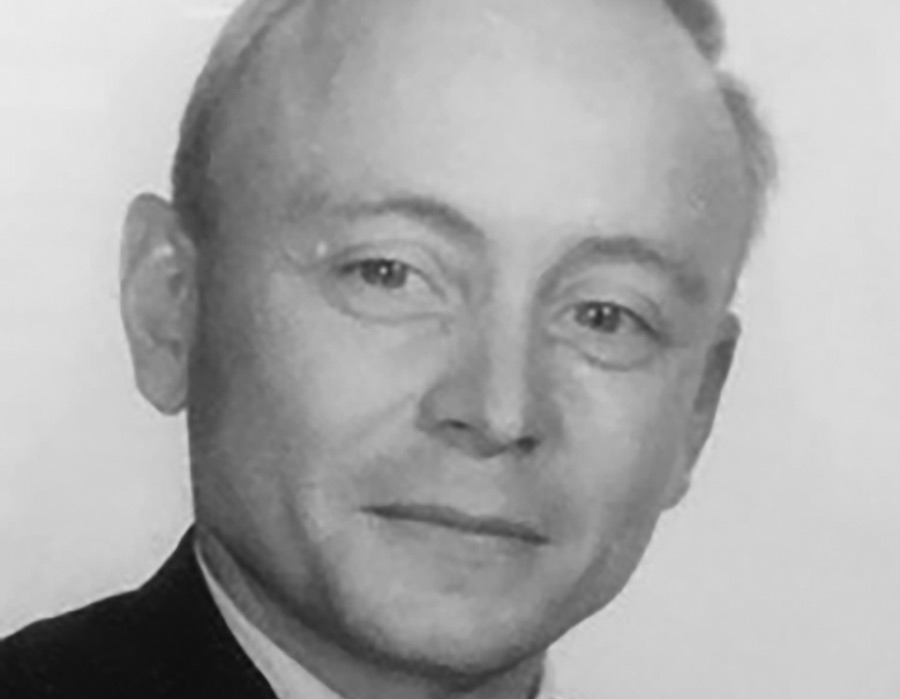
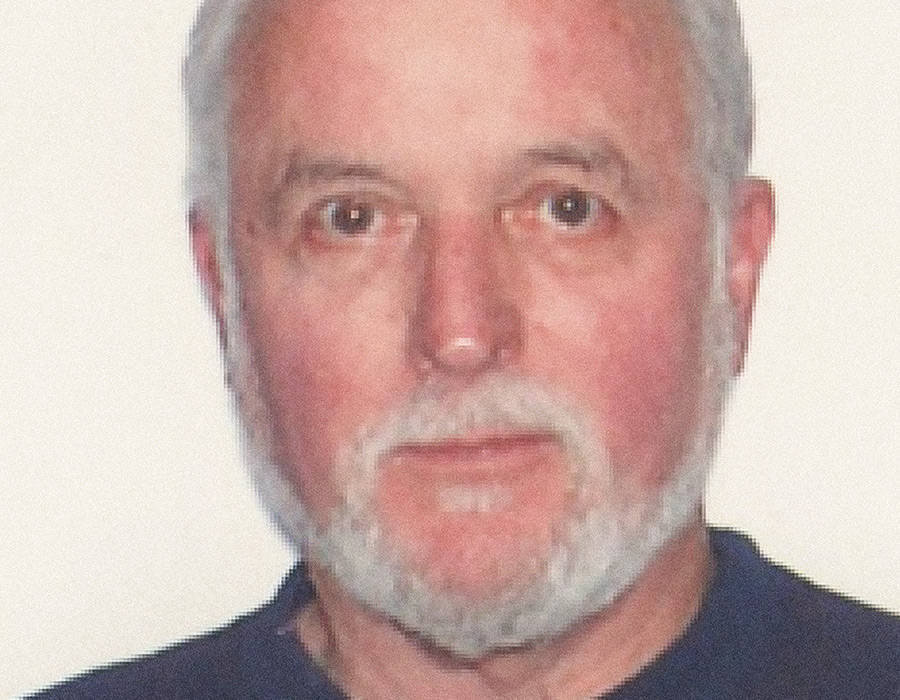
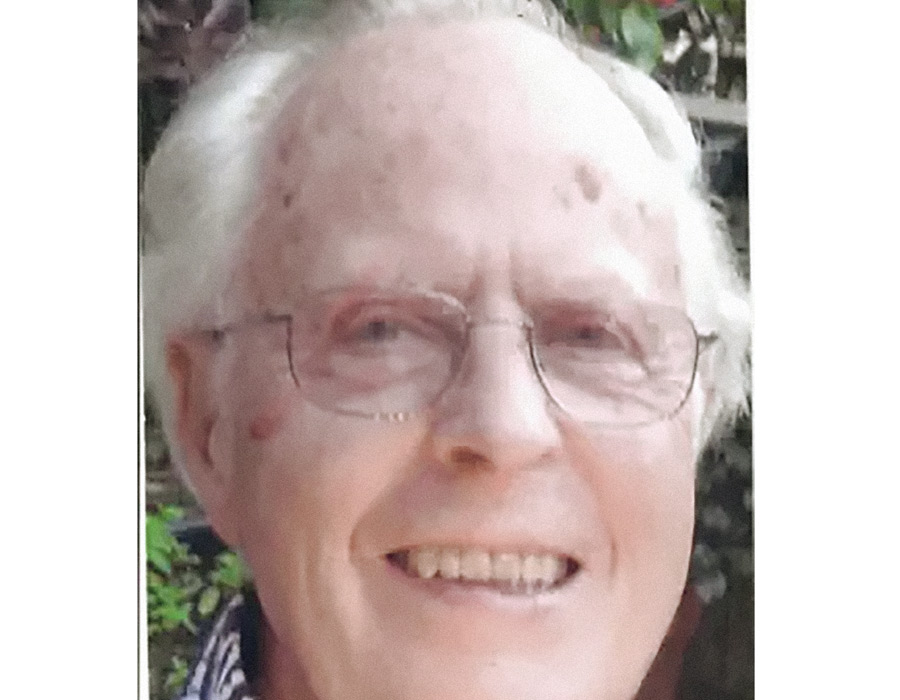
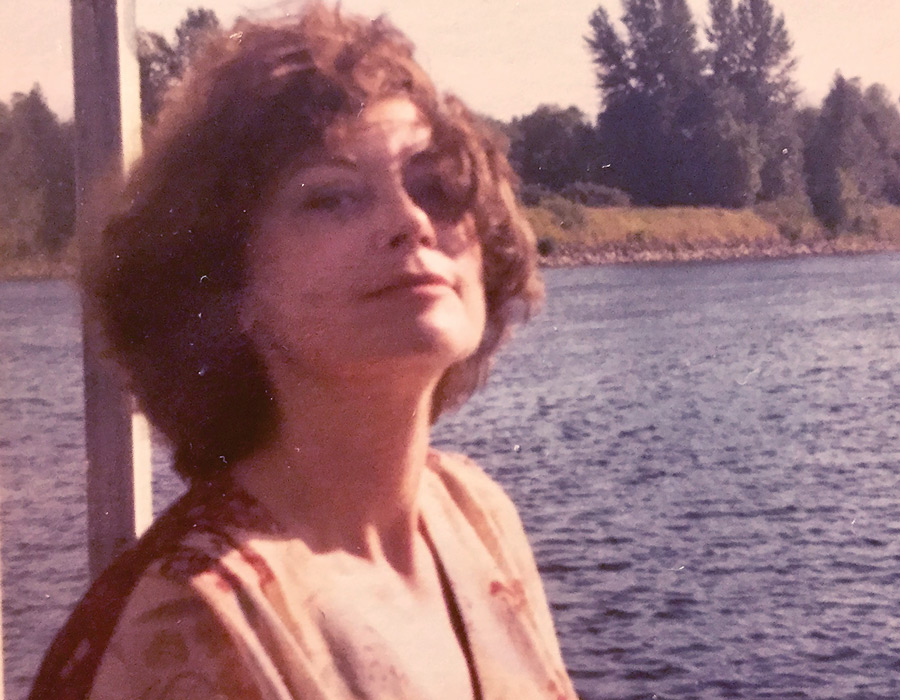
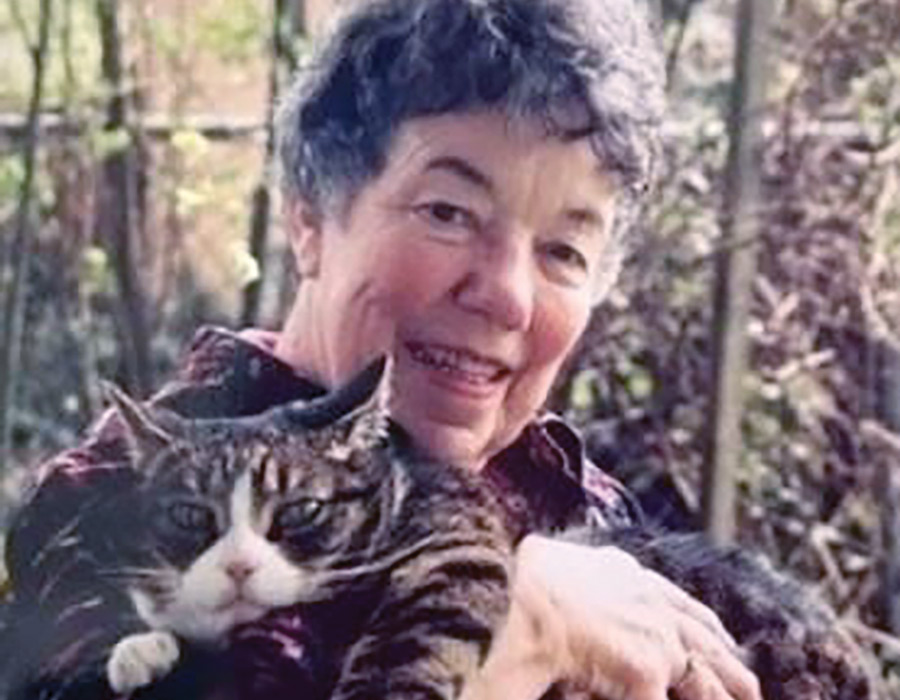
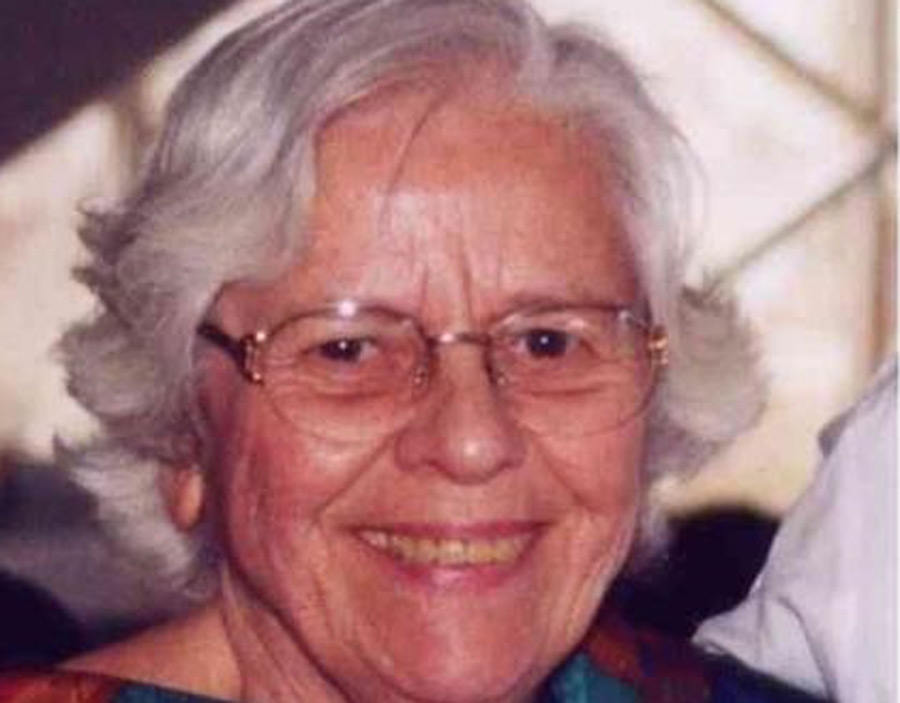
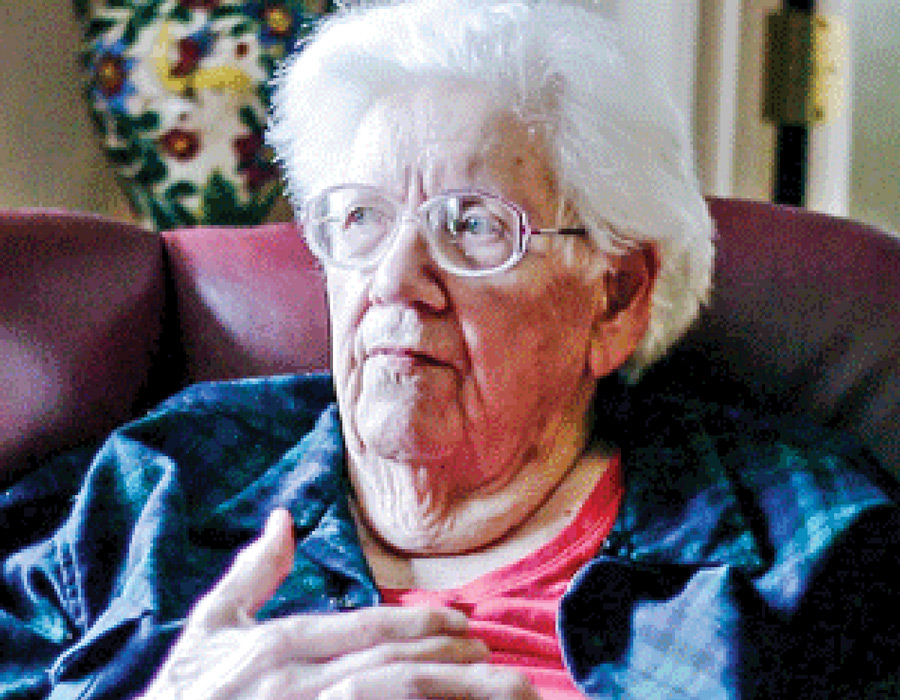
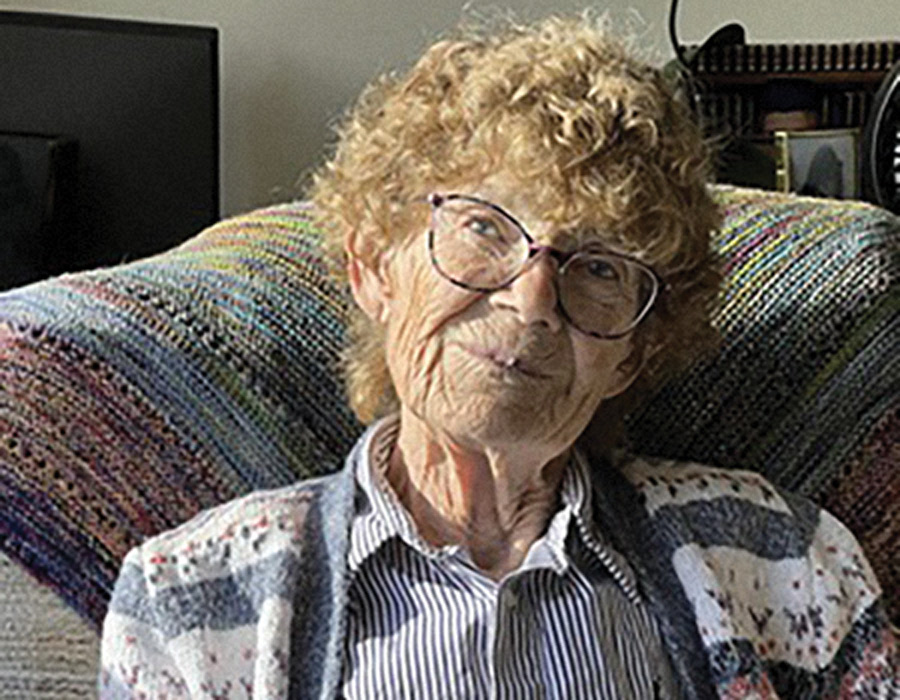
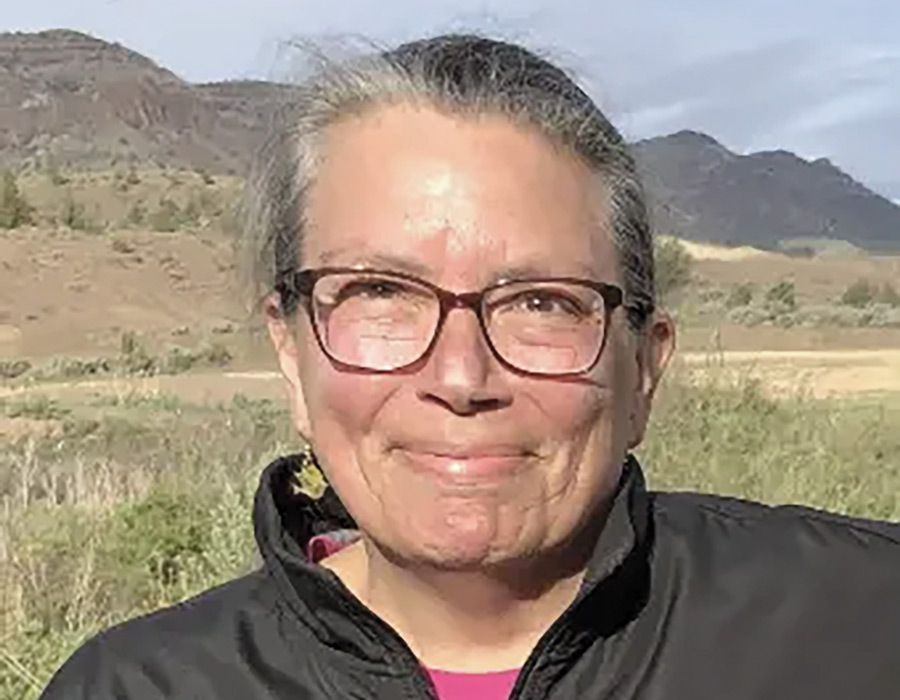
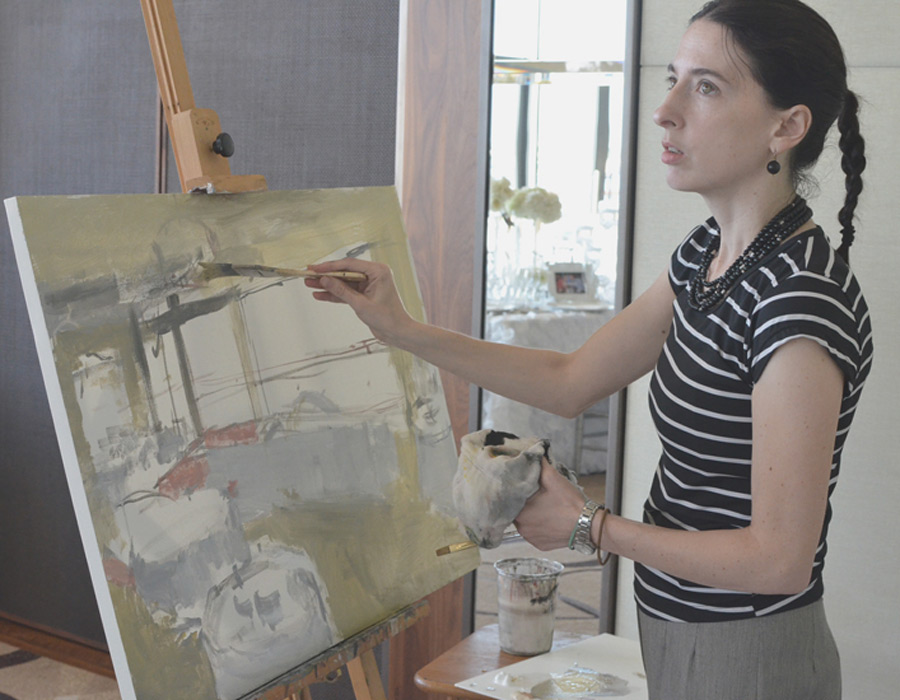
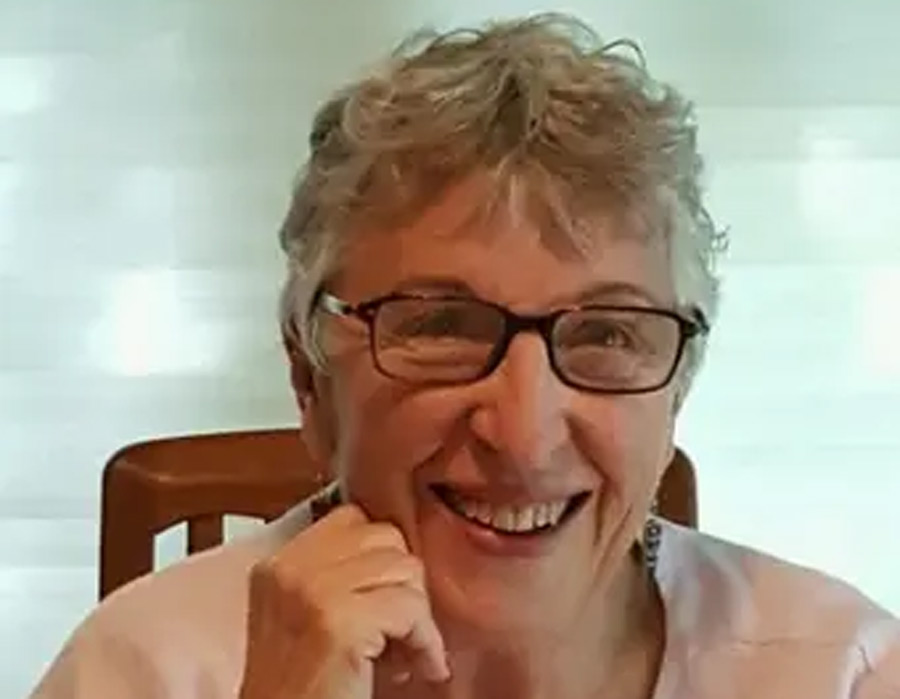
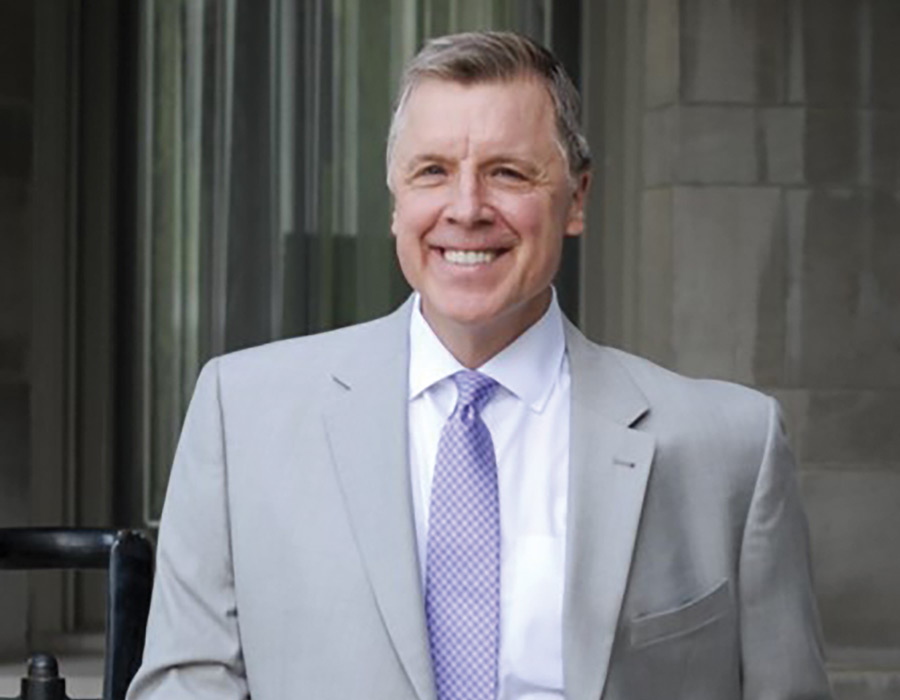
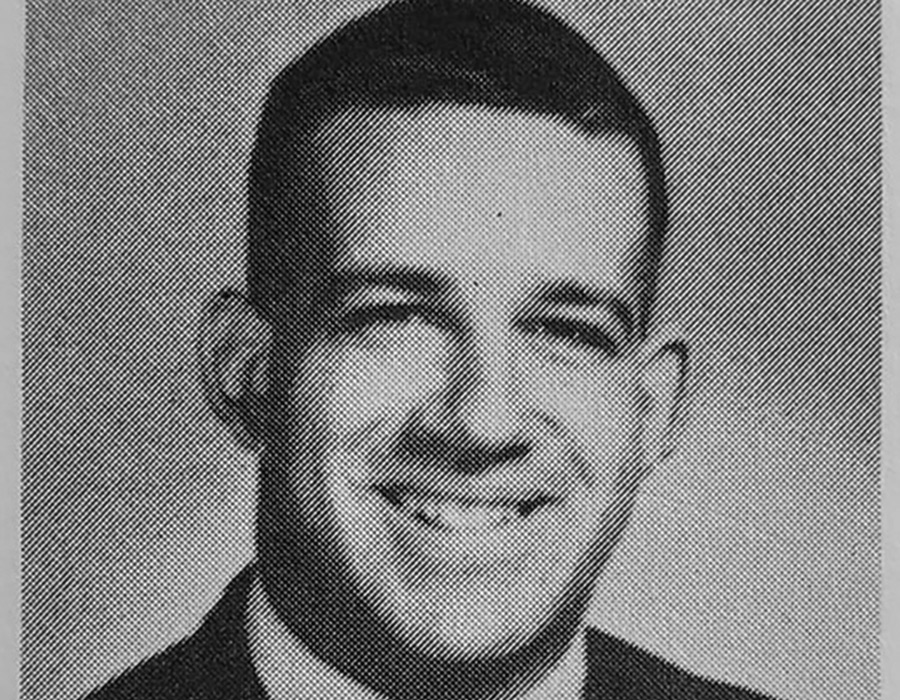
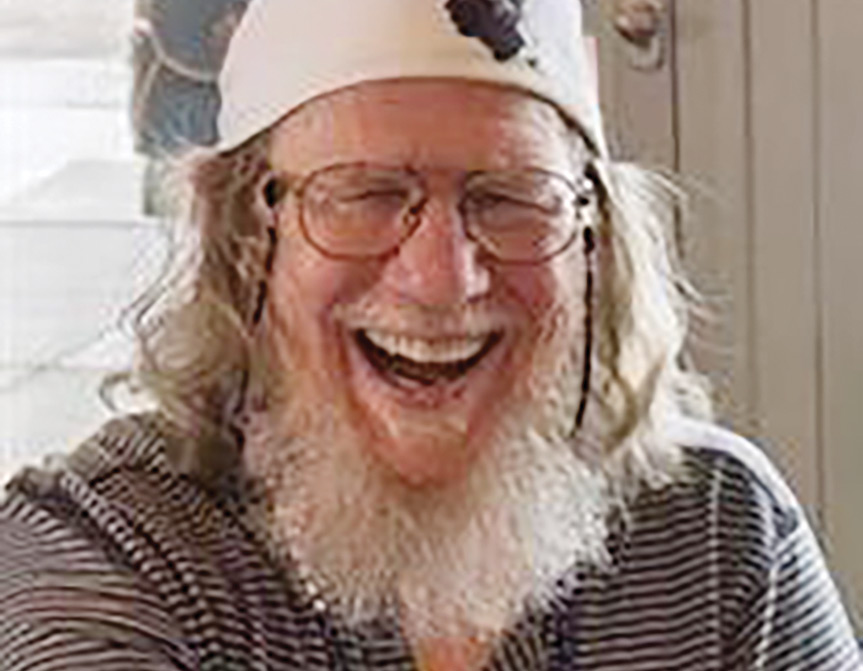
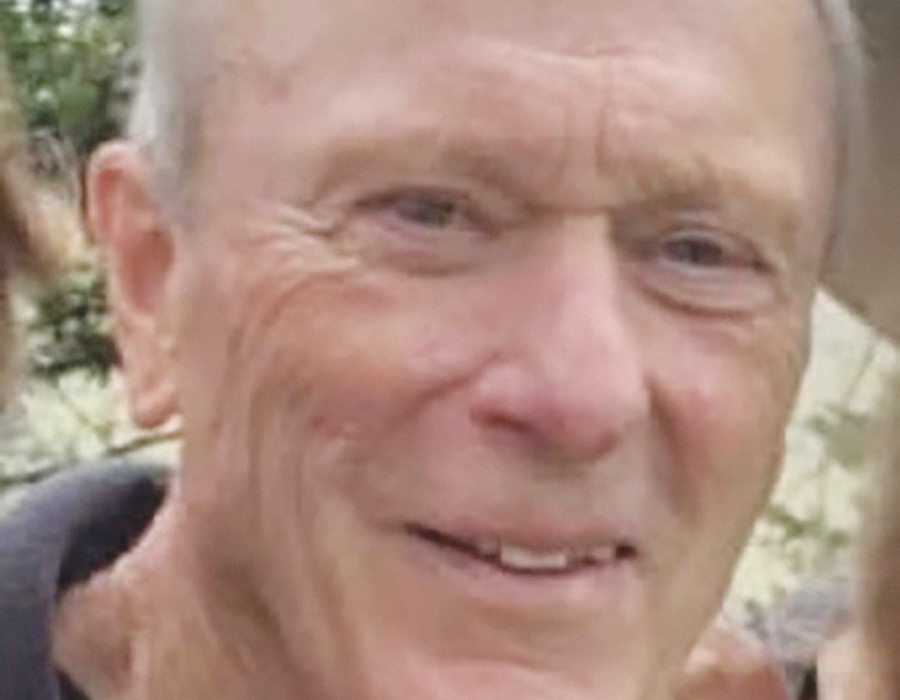
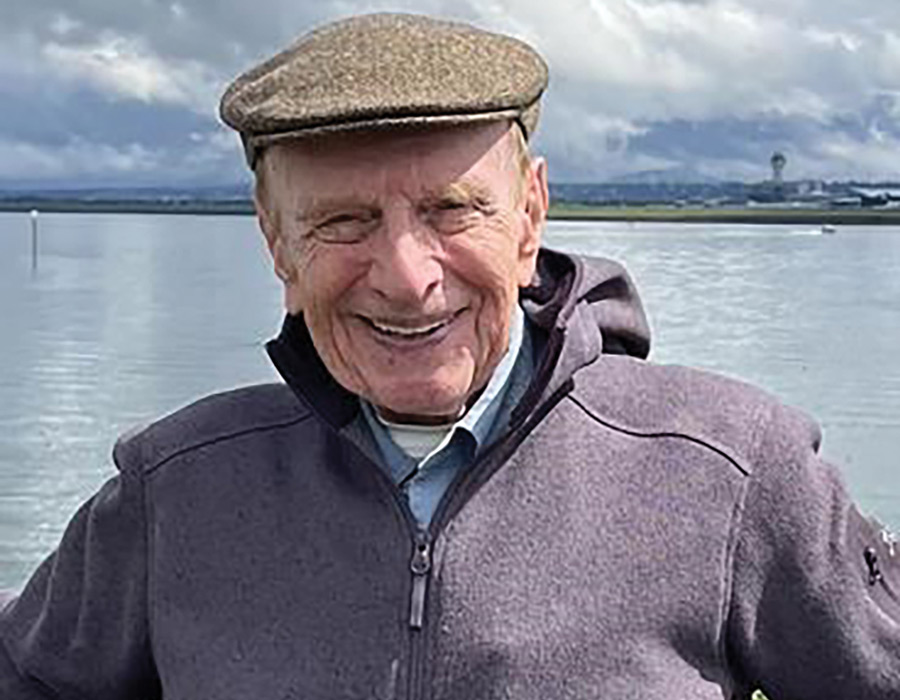
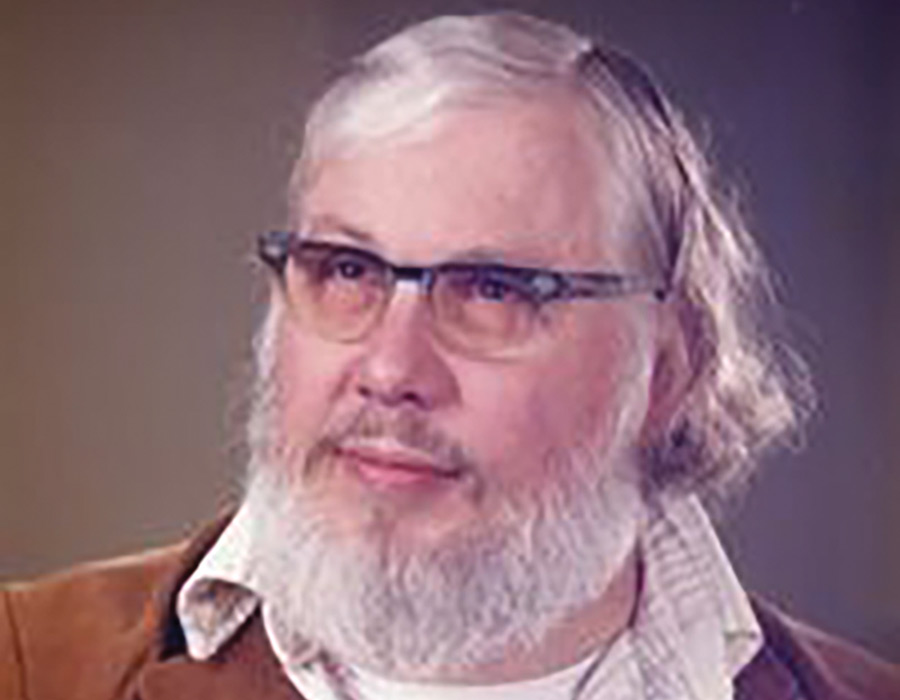
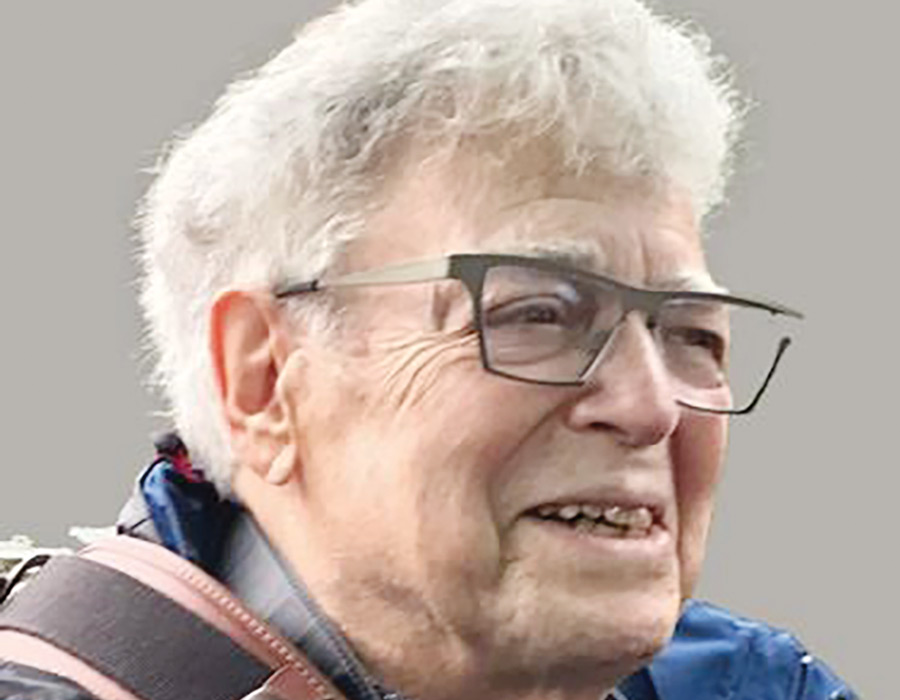
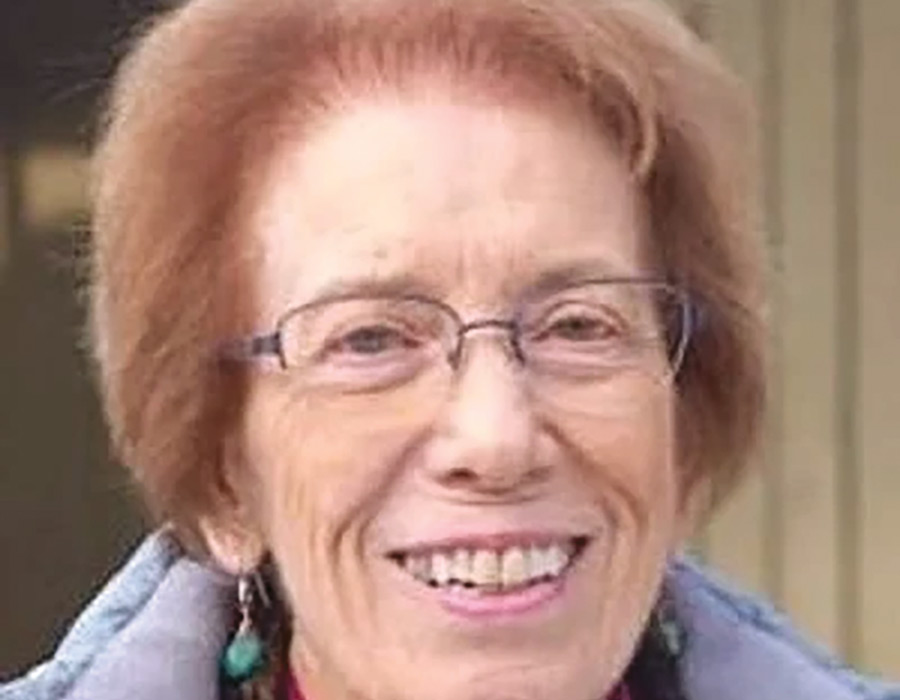
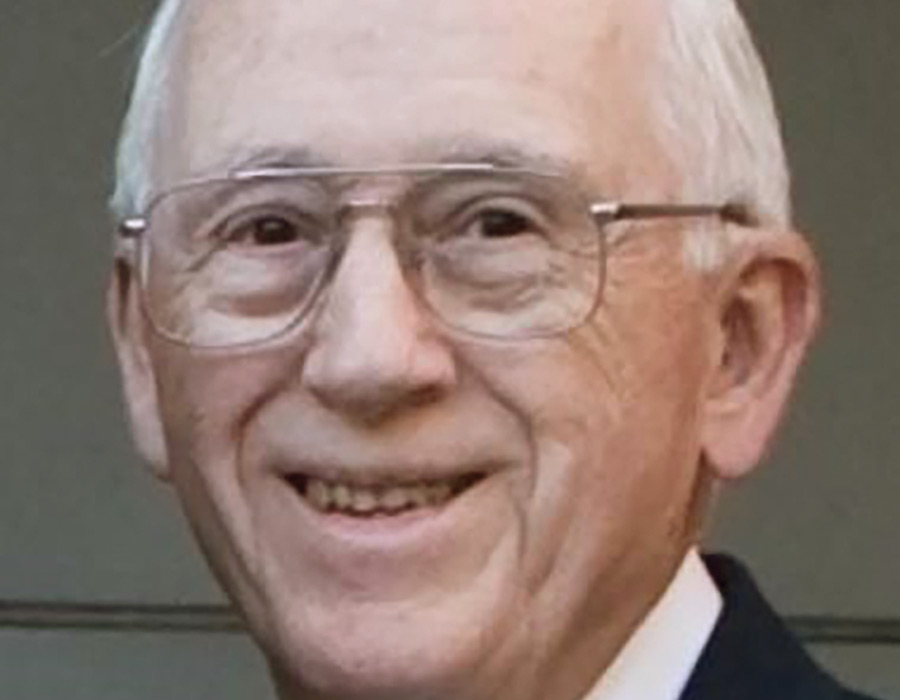
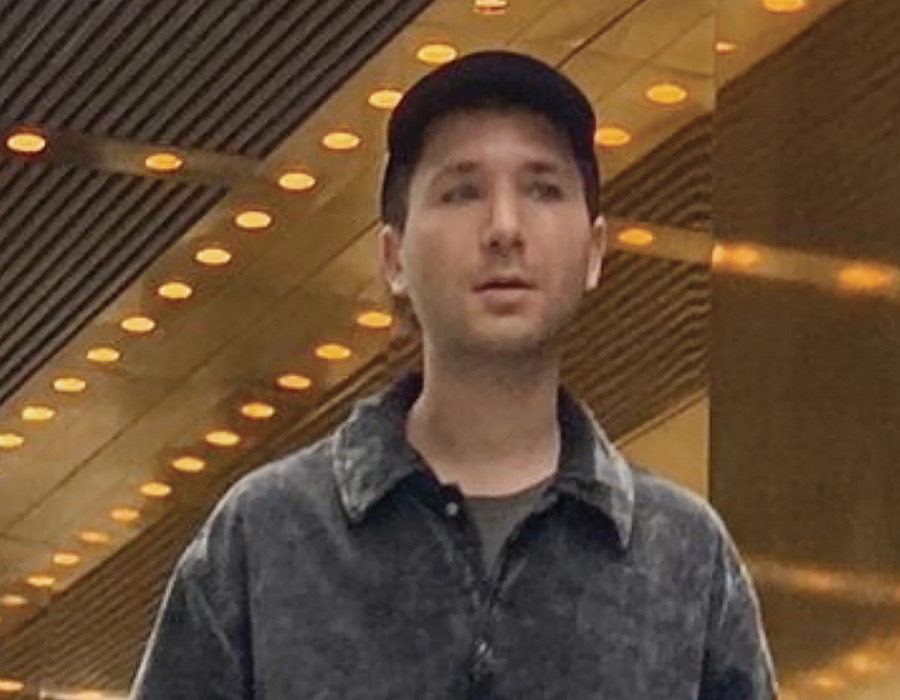
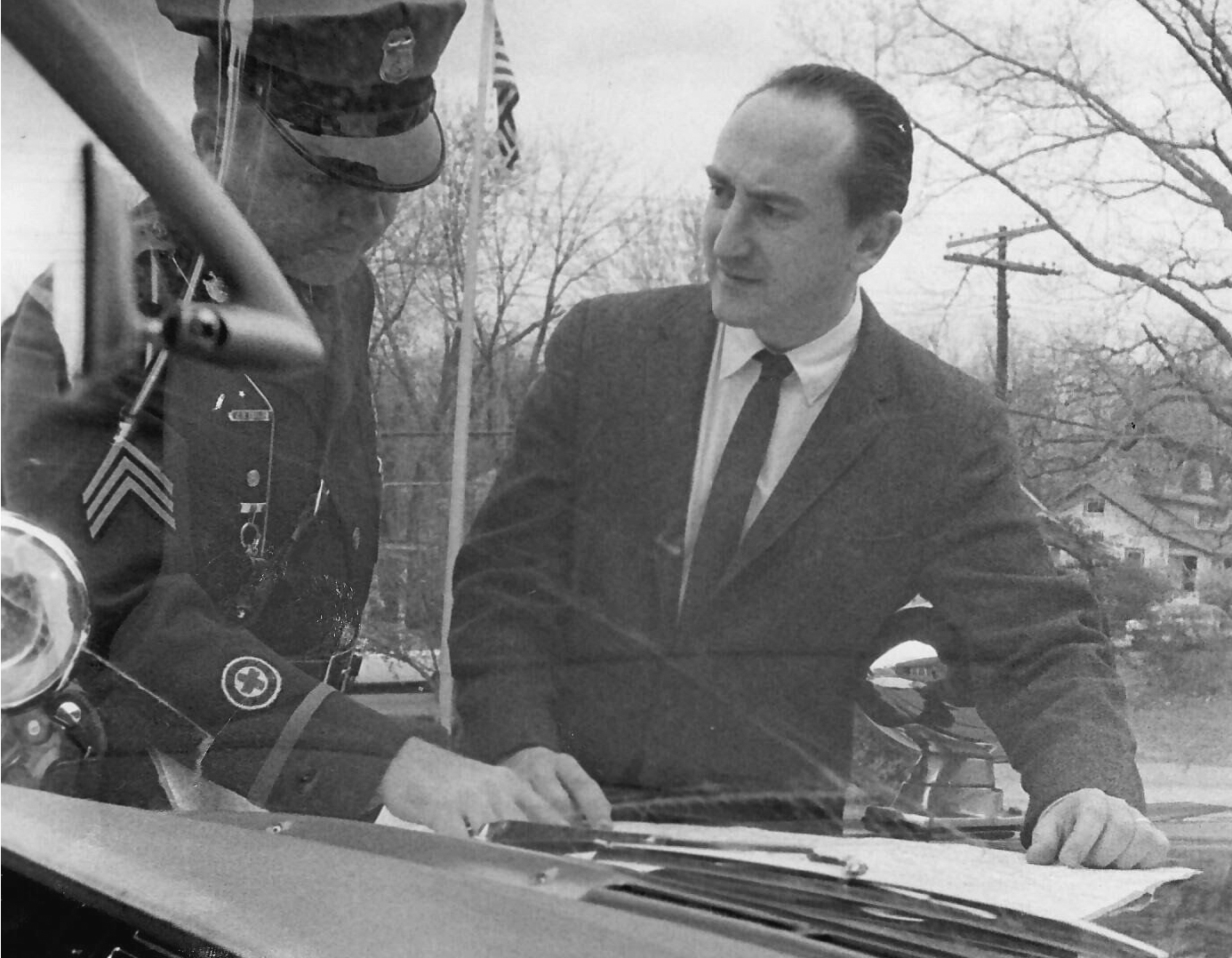
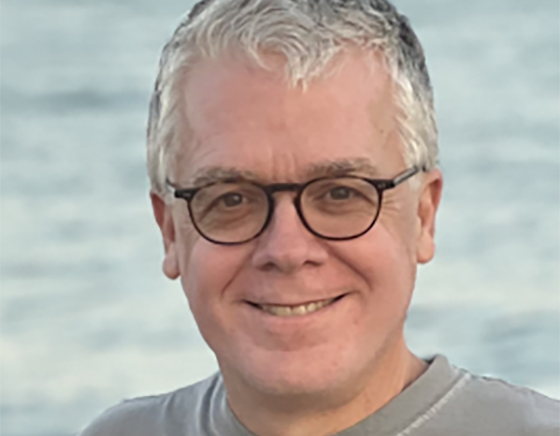
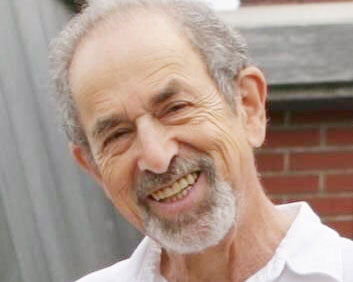
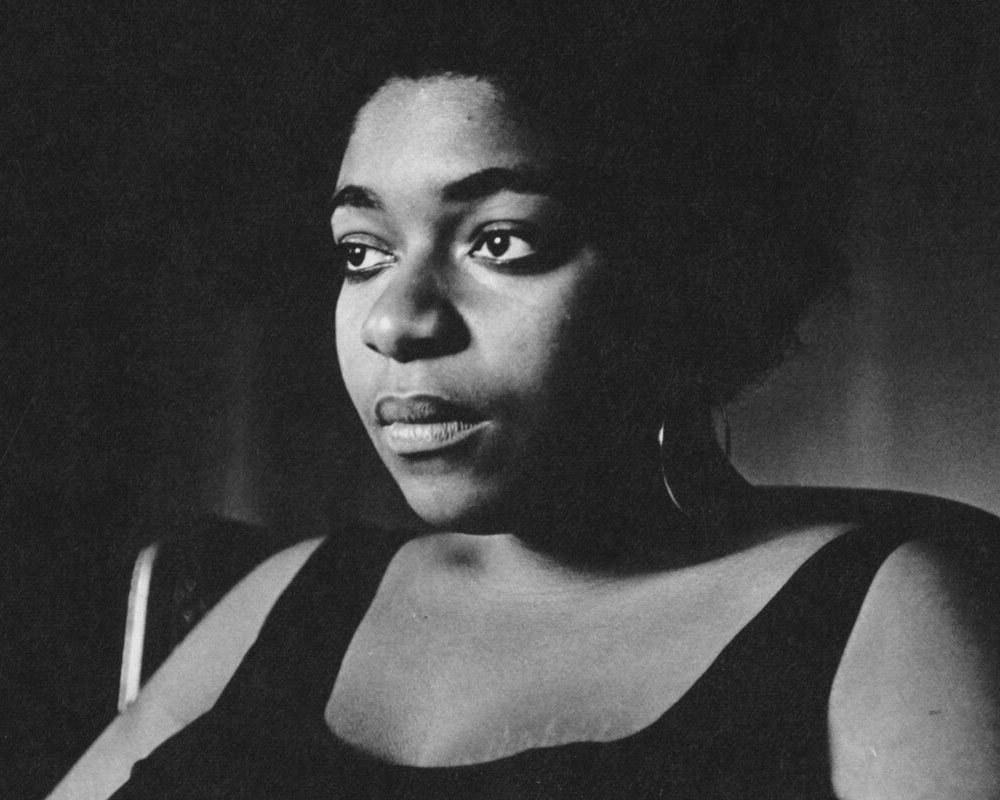


![Photo of Prof. Marvin Levich [philosophy 1953–94]](https://www.reed.edu/reed-magazine/in-memoriam/assets/images/2022/LTL-levich1.jpg)
![Photo of President Paul E. Bragdon [1971–88]](https://www.reed.edu/reed-magazine/in-memoriam/assets/images/2020/Bragdon.jpg)
![Photo of Prof. Edward Barton Segel [history 1973–2011]](https://www.reed.edu/reed-magazine/in-memoriam/assets/images/2020/Segel.jpg)








































































